The UKSG Annual Conference is a major event in the scholarly communications calendar which attracts delegates each year from around the world – librarians, publishers, content providers, consultants and intermediaries. The conference combines high-quality plenary presentations, lightning talks and breakout sessions with entertaining social events and trade exhibition. Please note that bookings close on April 3rd, and we cannot take any bookings after this time, and we cannot accept on-site bookings. The UKSG team are busy putting together the conference and so there will be delays responding to your emails and calls.
When
Where
Venue Photos
Thursday, April 13, 2023 – 10:00 BST
to
Saturday, April 15, 2023 – 03:15 BST
Scottish Event Campus (SEC)
Glasgow, G3 8YW
United Kingdom


About
Sponsors
Programme
Feedback
Registration
Contact
Map
Share
About the Event
All of the conference presentations are now available open access – you need to register once and then access all of the content. Visit the page here.
Review of Conference in Photos
Don’t forget to check out the photographs from the conference – https://t.co/7oj6MSikgJ
Programme
All of the videos from the conference are now available online (open access) – view them here
Please click here for the a copy of the programme.
Travel to Glasgow
More information on how to get to the SEC can be found here
ScotRail offer a special discounted train ticket for delegates travelling between the city centre and the SEC by train. The Conference Rover costs just £5 for up to 5 days’ travel. More information.
The Glasgow convention bureau are pleased to offer delegates to the UKSG Conference a number of offers for the local area, these can be found here
First Timers attendees guide
We have produced a First Timers guide to the conference and and guide to Glasgow which we hope you find useful. This is available here.
Accommodation

Accommodation is not covered by the delegate fee. The main online accommodation bookings service has now closed, however more details on local hotel are available here
Alternatively, you can book directly with Premier Inn, which is located across the river from the SEC.
Conference App
The conference app is available on both IOS and Android, more details are available here. Registered delegates will receive an email direct to their inbox with further details.
Here is a guide for delegates to talk you through set up and an overview of how to start planning your conference experience.
In addition, we also have a guide specifically for exhibitors, we encourage you to review this in advance of the conference to be get the most out of your attendance.
Exhibition
The Exhibition for UKSG 2023 is now sold out, please contact karina@khec.co.uk if you wish to be placed on a waiting list.. You can find the Exhibitor Manual and floorplan here and the Sponsorship Manual here.
To see a list of our 2023 Exhibitors, click here
To see the list of exhibitor hosted events, please click here
ContentOnline are managing our sponsorship opportunities again for Glasgow – please do contact them for the brochure and to discuss your requirements! Email: Par Rock, par@contentonline.com, phone: +46 (0) 70 888 99 23. You can download the brochure here.
Exhibition
The Exhibition for UKSG 2023 is now sold out, please contact karina@khec.co.uk if you wish to be placed on a waiting list.. You can find the Exhibitor Manual and floorplan here and the Sponsorship Manual here.
To see a list of our 2023 Exhibitors, click here
To see the list of exhibitor hosted events, please click here
More information on accessibility at the Scottish Event Campus can be found here. If you have any general questions about the event, we welcome you to contact us at events@uksg.org.
UKSG and the SEC Campus put safety of our attendees at the highest priority. Safety and security measures are in place to provide reassurance to our visitors, for more information the SEC’s security and Covid safety measure please click here
- During the live event be aware that generally bags larger than A3 size (30cm x 42cm) are not permitted inside the conference area, a complimentary cloakroom will be provided for conference delegate’s use.
- As part of the return to work across the SEC campus, the SEC employed an independent ventilation specialist. This involved taking air flow measurements from the air handling units and balancing the air across air systems to improve air movement, as well as replacing on the air handling units and reconfiguring the units to recirculate the filtered air.
For more information the SEC’s security and Covid safety measure please click here
A site map of the SEC can be found here
Applications are now closed
Named in honour of John Merriman, in recognition of his work in founding both UKSG and NASIG, this prestigious award provides an invaluable opportunity for anyone keen to learn and share experiences from a very different angle. For more details and to apply click here
More details of our sponsored places for Student and Early career awards and bursaries can be found here.
The John Merriman award is supported by the generous sponsorship of Taylor & Francis Group and the early career professional awards are kindly sponsored by Royal Society of Chemistry, Wiley, UKSG and AIP Publishing


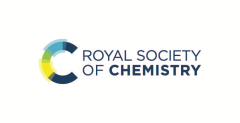

With thanks to our sponsors
Platinum Sponsors:
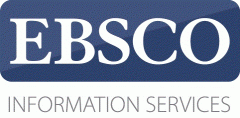

Gala Dinner Sponsor

Gold Sponsors





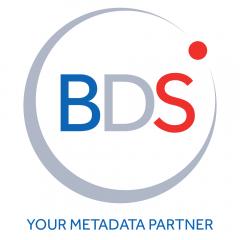







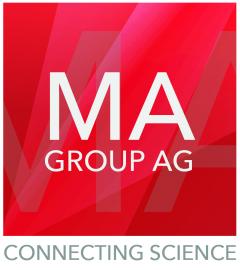
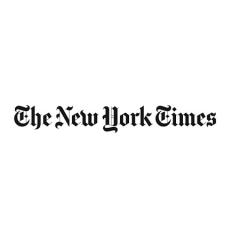
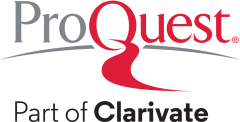
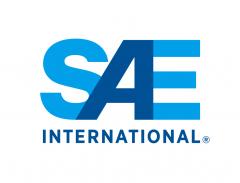
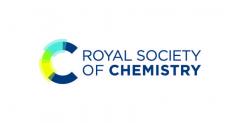


Silver Sponsors





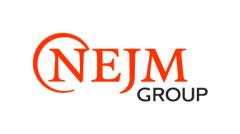
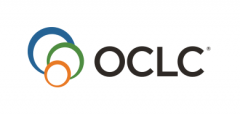



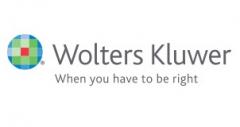
Programme
- Day 1- Thursday 13 April
- Day 2 – Friday 14 April
- Day 3 – Saturday 15 April
- Group A
- Group B
- Group C
- Group D
Time
Programme
Speakers
08.00
Registrations Opens
Refreshments and exhibition viewing
10.30
Plenary Session 1
Opening of the Conference
followed by
- Greeting from NASIG – Dana M. Sinclair, SUNY Old Westbury
- Presentation of the John Merriman Joint UKSG/NASIG Award presented by Carolyn Kirby, Taylor & Francis
(Award Sponsored by Taylor and Francis)

- Presentation to the sponsored students and early career professionals
(Award Sponsored by AIP, Royal Society of Chemistry, UKSG & Wiley)
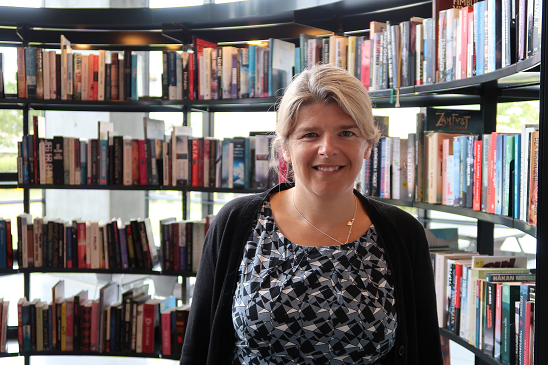
Joanna Ball
DOAJ/Chair of UKSG
See Biography
Joanna Ball is Managing Director for DOAJ (Directory of Open Access Journals), a community-curated online directory that indexes and provides access to quality, open access, peer-reviewed journals. Before joining DOAJ in 2022, her career was based in academic libraries in the UK and Denmark, most recently as Head of Roskilde University Library, part of the Royal Danish Library. She is currently Chair of UKSG.
10.30
Plenary Session 1
Global equity in scholarly journal publishing: collaborating toward practical mechanisms to remove barriers for readers and authors – Colleen Campbell, Max Planck Digital Library
Through transformative agreements and other open access publishing frameworks, libraries and consortia worldwide are repurposing their former investments in subscription paywalls to enable immediate open access publication of hundreds of thousands of peer-reviewed research articles, so that no reader is excluded from access based on their financial status, and researchers everywhere can freely build on the new knowledge. But how can we equally ensure that authors do not encounter financial barriers as journals transition to OA business models and open access becomes the default in scholarly publishing?
OA2020 has partnered with UNESCO, the International Science Council, cOAlition S, EIFL and other international organizations on a series of regional workshops to identify the financial barriers that authors encounter and hear the challenges they face, particularly in resource-limited contexts, in order to develop actionable plans and practical mechanisms that ensure no author is limited in their opportunity to publish their accepted articles open access in the journals of their choice. In this talk, Colleen Campbell, Strategic Advisor to the Max Planck Digital Library and coordinator of the Open Access 2020 Initiative (OA2020), will share insights gained in the workshops and the proposals that emerged.
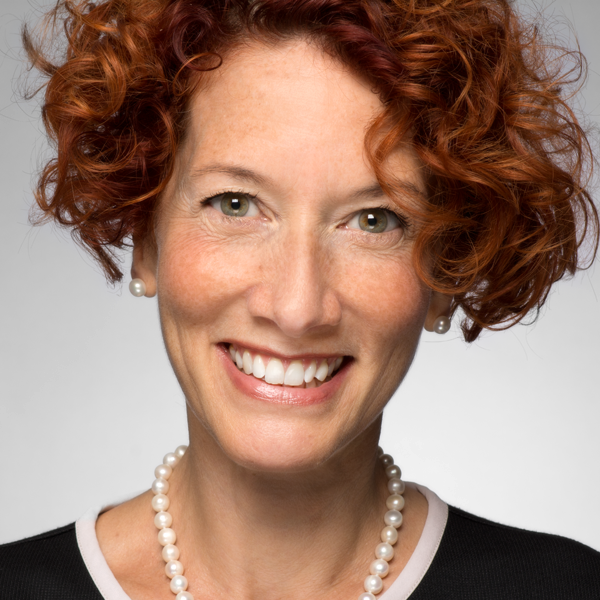
Colleen Campbell
Max Planck Digital Library
See Biography
Colleen Campbell is strategic advisor for external engagement at the Max Planck Digital Library (MPDL). There she coordinates two open access initiatives: the Open Access 2020 Initiative, a global alliance of research organizations and their libraries that are repurposing their investments in subscriptions to support open access publishing, and the ESAC Initiative, a library community of practice building capacities around transformative and open access publishing agreements. She is a member of the LIBER Open Access Working Group and serves on the Managing Board of EIFL, a not-for-profit organization that works with libraries to enable access to knowledge in developing and transition economy countries.
12.00
Lunch and Exhibition Viewing
Lunch kindly sponsored by

13.30
Breakout Session – Group A
14.30
Breakout Session – Group B
15.30
Refreshments and exhibition viewing
16.300
Breakout session – Group C
17.00
Lightning Session 1
Open Publishing UK: Introducing a New Community of Practice – Kate Petherbridge, White Rose University Press, Dominque Walker, Scottish Universities Press
This Talk will update UKSG on the establishment of a new Association for UK-based institutional publishers (‘new’ university presses, library-led publishing ventures etc) who are either fully or partly open access. We will set out why the Association is being set up, its aims and next steps in its development. Institutional publishers face specific challenges and coming together will ensure the success and continued growth of this fast-emerging new sector within scholarly publishing. We will invite input from attendees about what is needed in this space and look to raise awareness amongst those who might find membership beneficial in developing their own publishing ventures.
Guiding students through a shifting landscape: integrating Open Research topics into information literacy training at the University of Strathclyde – Karen Veitch, University of Strathcycle
As a member of the Scholarly Publications and Research Data team, I have worked collaboratively with colleagues in Research and Learning Support to integrate key concepts and information about developments within Open Research into an online Academic Library Skills course. I will speak about my experience of working on this project, which sits at the intersection of information literacy instruction and scholarly communications, bringing together aspects of librarianship which often remain distinct. The themes of the intersection of information literacy instruction and scholarly communications and collaborative working across teams are what I will focus on during this lightning talk
Where are we with operationalising DEIA within the scholarly ecosystem post-pandemic? – Rebecca Moakes, Maverick Publishing Specialists
Exploring the journey from submission through to publication (the blockers and enhances), we will be conducting quantitative and qualitative research to gain a high-level understanding of the current landscape, including examples of innovation in this space, positive impact on students and researchers and improvements to the diversity, equity and accessibility of the research output. Reviewing what the adoption curve looks like and practical recommendations for moving the pendulum in the right direction. Research will be conducted by Maverick Publishing Specialists..
17.00
Exhibition viewing and reception
Please see the additional events also being held at this time here
Evening
Supper and quiz or free evening
(pre-booking required – numbers limited)
Kindly sponsored by

Time
Programme
Speakers
08.30
Registration
Refreshments and exhibition viewing
08.30
Chair Yoga (optional)
More details to follow
Kindly sponsored by Burgundy Information Services

09.00
Plenary Session 2
1. The role of Universities in delivering inclusive regional growth through Knowledge Exchange – Hamish McAlpine, Oxentia
The role of universities in supporting regional regeneration and growth is increasingly well recognised. But how do universities navigate this complex landscape, and how does this activity align with their broader missions around teaching and research? Once known as the ‘third mission’ or ‘third leg of the stool’, I argue that Knowledge Exchange is now a critical and integral part of how universities deliver their mission and strategies. As both government policy and KE practice evolves, how can all parts of the university work together to deliver for their regions, and how might this benefit the university?
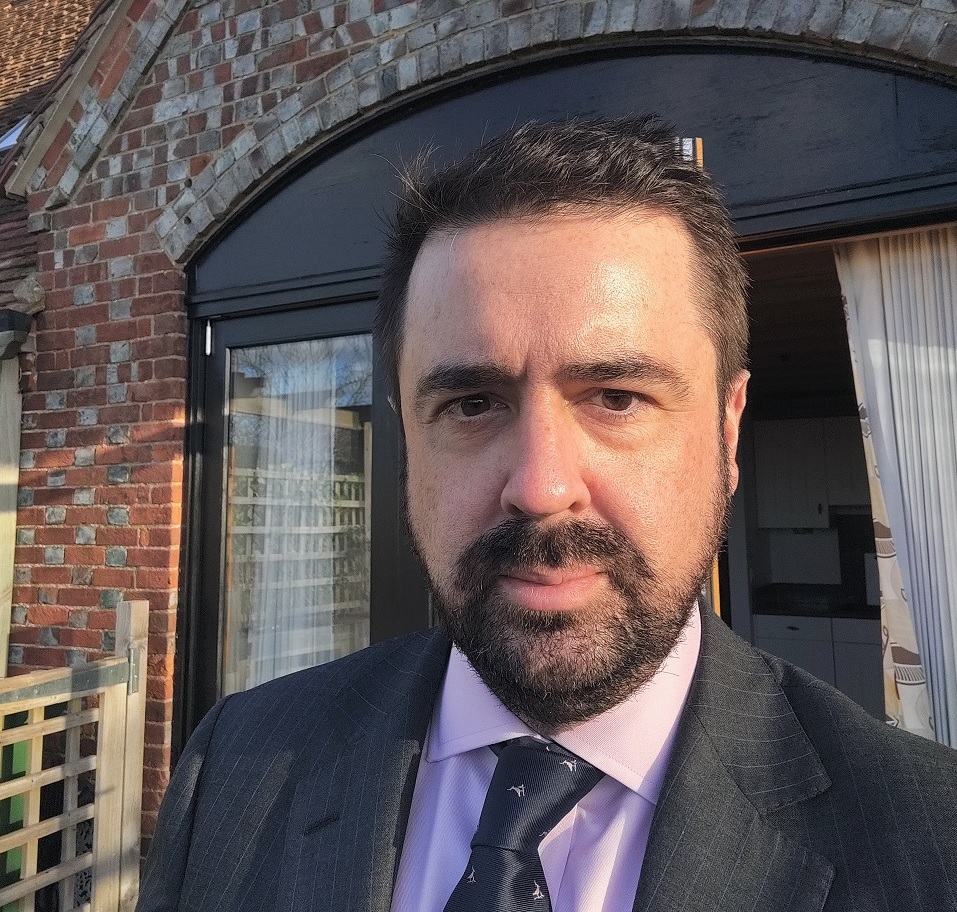
Hamish McAlpine
Oxentia
See Biography
Oxentia is Oxford’s global innovation consultancy. As Principal Consultant, Hamish works with Higher Education and government clients, delivering consultancy, strategy development and training on knowledge exchange and commercialisation (KEC) and innovation management. He has a particular interest in innovation ecosystems and the role of universities in driving inclusive regional growth.
Before joining Oxentia in 2021, Hamish was the Head of Data & Evidence at Research England, part of UK Research and Innovation (UKRI). He was responsible for creating England’s first Knowledge Exchange Framework (KEF), as well as managing £250m per annum of KE funding, and related policy areas. In his spare time, he upcycles bit of old aircraft into furniture
2. Universities put in their place – Sue Black
At one extreme a university may operate irrespective of the geographical location it inhabits whilst at the other, it may be the very life blood of its community. The Government’s current focus on the role of ‘place’, regional growth and the levelling up agenda, poses an interesting dilemma for some, but opportunity for others, to reconsider their function as an anchor institution within their community. We will explore this using examples from Lancaster University’s civic journey.
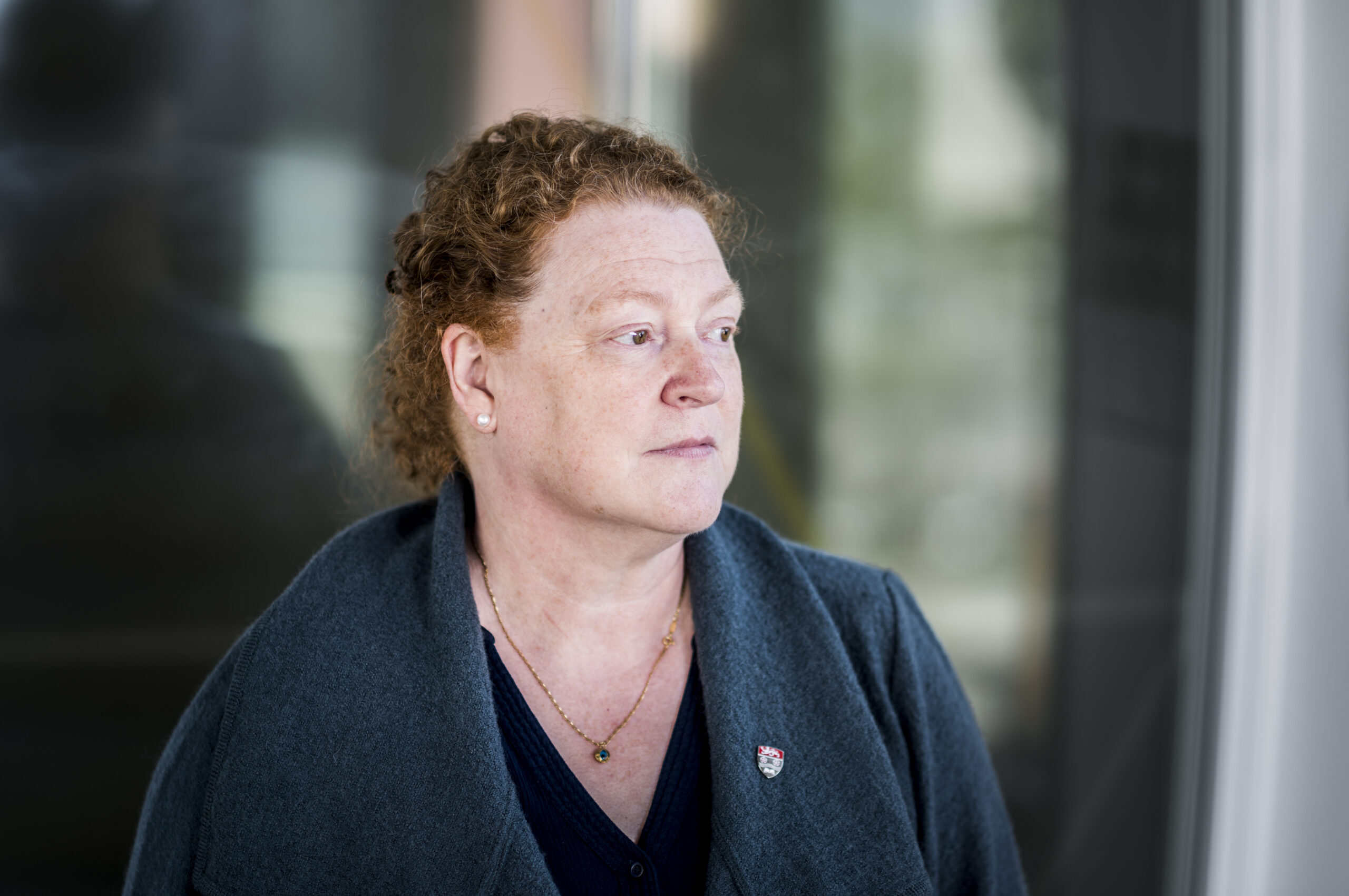
Sue Black
Lancaster University
See Biography
Professor Dame Sue Black is Pro Vice Chancellor for Engagement at Lancaster University. She is President elect of St. John’s College, Oxford and a cross bench peer as Baroness Black of Strome. She is President, Fellow and Trustee of the Royal Anthropological Institute which is the professional body for her discipline of Forensic Anthropology for which she was awarded and OBE in 2001 and a DBE in 2016. She is a Fellow of the British Academy, Royal Society of Edinburgh and Royal Society of Biology.
3. Compassionate leadership: the role of libraries in promoting social justice – Joshua Sendall, University of Nottingham
We continue to operate in an environment characterised by significant volatility, uncertainty, complexity, and ambiguity. A fractured global geopolitical settlement, profound environmental and climate pressures, the rapid driving forces of digital transformation, and significant social, economic and health inequalities. These pervasive challenges have been amplified through the seismic impact of the coronavirus pandemic. These are not partisan issues – they affect us all.
Josh will explore the positive role that libraries can play in responding to the challenges as compassionate leaders striving towards social justice.

Josh Sendall
University of Nottingham
See Biography
Josh joined University of Nottingham Libraries as Associate Director for Research in November 2021. He works within and beyond the institution to develop libraries’ role as a research service provider, partner, and pioneer. He leads collaborative and enterprising teams who enable open research environments which maximise the reach, impact, and integrity of research.
Prior to joining Nottingham, Josh held several roles at Lancaster University including Library Aide, Learning Zone Student Advisor, Information Assistant, Research Data Manager, and most recently, Research and Scholarly Communications Manager.
Josh promotes equality, diversity and inclusion leading to productive, healthy, and resilient cultures and communities.
10.30
Refreshments and exhibition viewing
11.00
Breakout Session – Group A
12.00
Lightning Talks – Session 2
1. What can we learn from the ESAC Market Watch? – Ádám Dér, Max Planck Digital Library
The ESAC Initiative is open and global community of practice of librarians who are sharing their experiences and expertise in the operational aspects of open access agreements. The ESAC community also develops community resources and guidelines to empower librarians as they move into the era of open access, including the ESAC Workflow Recommendations, ESAC Transformative Agreement Registry, and most recently, the ESAC Market Watch and the ESAC Reference Guide to Transformative Agreements. The presentation will introduce how the community can learn from a number of key trends in the demographics and distribution of scholarly journal publishing in transition, and use these to better understand their position in the scholarly publishing market and make strategic considerations regarding their interactions with publishers.
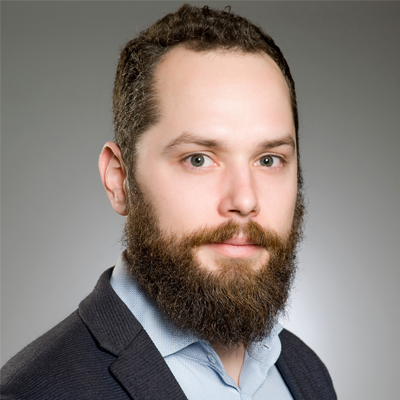
Adam Der
Max Planck Digital Library
See Biography
Adam Der is a member of the licence management team of the Max Planck Digital Library, where his main responsibilities are in publisher negotiations to advance the open access transition in scholarly publishing. In this role he is involved in a broad range of strategic activities, including data analyses and financial modelling. He is an expert advisor on data analytics and workflows in the ESAC Initiative, a global community of practice of libraries and consortia promoting efficiencies and standards around the negotiation and implementation of transformative and open access publishing agreements, and contributes to a variety of community and industry efforts such as the OA Switchboard. Prior to his role at MPDL, he served as Head of Development of the Hungarian EISZ Consortium.
2. OA the great and powerful? Exploring the link between Open Access publication and perceived output quality at a small public research university in Hampshire – University of Winchester
The REF 2021 Open Access mandate was established in recognition of the benefits of OA publication and in an effort to increase the proportion of UK-funded research that is openly accessible. The REF is, however, primarily an assessment of research quality, not availability. As researchers and academics selected their best outputs for REF submission, the possibility arose that an association would be implied between openness and quality. In order to find out whether this had happened at the University of Winchester, research-active staff were invited to complete a survey measuring the likelihood that they would choose Green and Gold OA for outputs that they perceived to be of particularly high quality. The results show that there may in fact be a perception amongst Winchester academics that Open Access is more appropriate for very good outputs than for those perceived to be mediocre. The implications of this are briefly discussed.
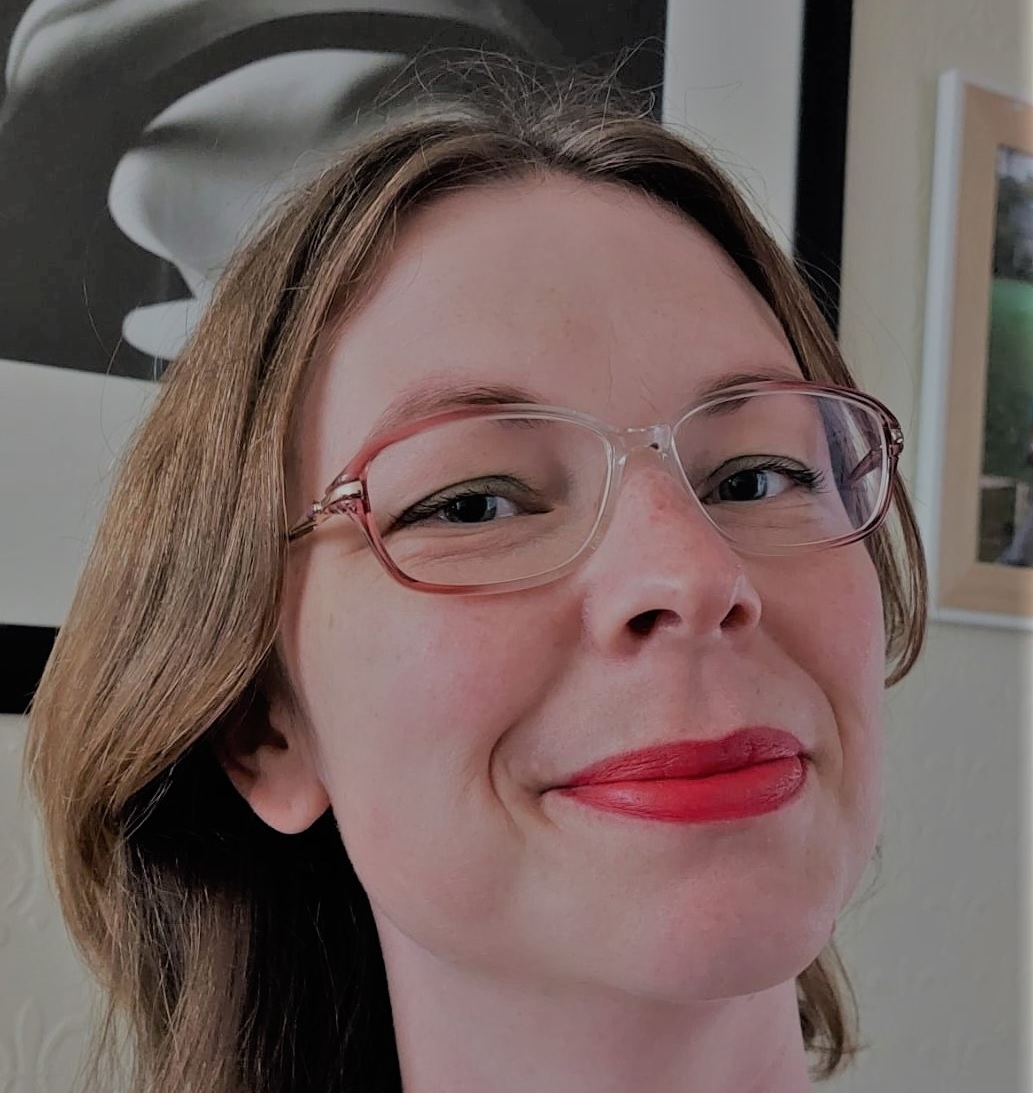
Jacqueline Barlow
University of Winchester
See Biography
Jacqueline Barlow has held the position of Open Access Officer at the University of Winchester since September 2017. She is the only dedicated Open Access specialist at the University, and is responsible for maintaining the institutional repository in addition to promoting Open Access and Open Research and ensuring compliance with the relevant policies.
3. Publishing through a pandemic: how has COVID affected how we discover, read, and publish research? – Mark Robinson, Taylor & Francis
COVID has impacted so many parts of our lives since early 2020. But what has been the effect on users’ journal content discovery, reading and publishing habits and what does that mean for both user experience and researcher-centric development in 2022 and beyond? How has user behaviour changed across the world and across disciplines, from the humanities and social sciences to science and medicine? In this session we’ll explore the trends and patterns seen by one global publisher and what this means for each step of the publishing workflow, from online search to reading to publishing your research.
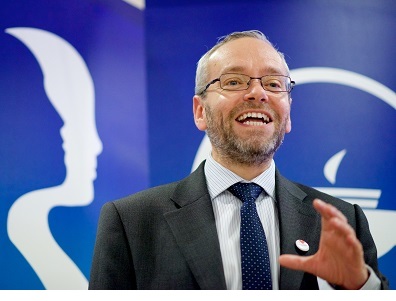
Mark Robinson
Taylor & Francis
13.30
Panorama – building library data infrastructure through partnership with academic libraries.
In this short presentation Phill Hall will introduce how EBSCO are partnering with academic libraries to critique their engagement data using modern data tools.
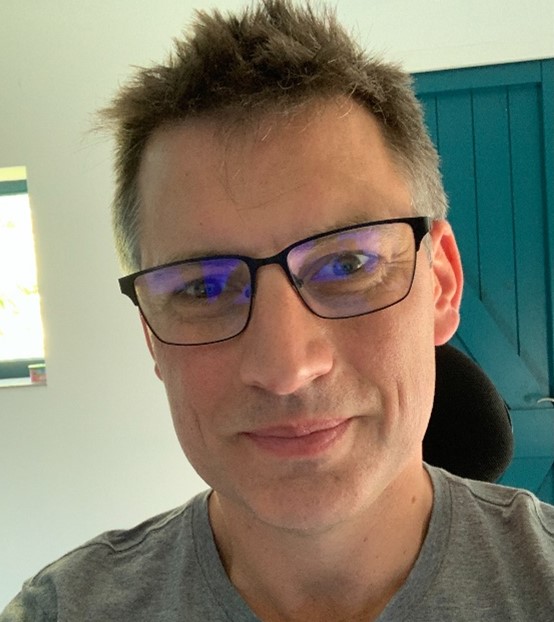
Phill Hall
EBSCO
See Biography
Phill Hall has worked in the information industry for approximately 15 years, spanning areas of library content, library automation, digital preservation, research funding, research metrics, research reproducibility, learning management systems, and, more recently, library engagement analytics.
In his current role with EBSCO, Phill is Global Sales for Panorama library and campus analytics, drawing on his breadth of experience to assist libraries in uncovering a more comprehensive view of library engagement.
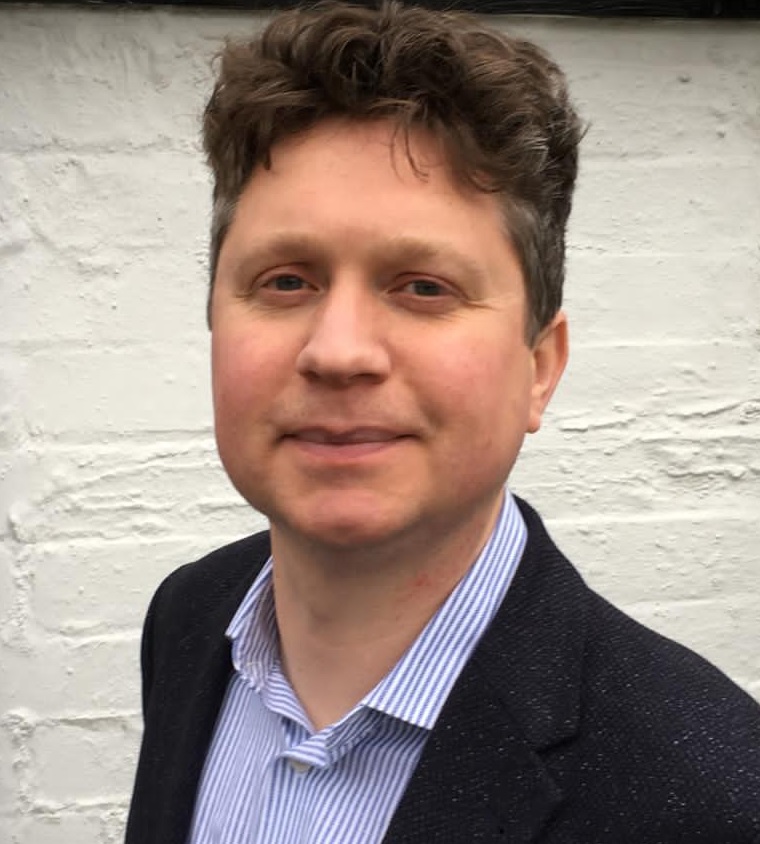
Tom Shaw
Lancaster University
See Biography
Thomas Shaw is Associate Director for Digital Innovation and Open Research at Lancaster University, and oversees the Library’s innovative use and development of digital technology, and its significant contribution to research through championing open research principles and practices. He has worked in libraries and information management since the late 1990s, with previous experience from the University of East London, University of Bristol and NHS Direct. He has interests in the transformational impact and value of digital for libraries, and in promoting openness in all areas of library and scholarship.
14.30
Breakout Session – Group B
15.30
Refreshments and exhibition viewing
16.30
Breakout Session – Group D
17.00
Lightning Talks Session 3
1. 10 things to look for in a licence – Ben Taplin Jisc
Licence agreements for online content can be bewildering and risky if you don’t have legal knowledge or training, but there are certain key elements that any good licence should include. This talk will help you find your way around licences by giving a rundown of the top ten clauses, where to find them, and what to do if they’re not there.
Ben Taplin
JIsc
See Biography
BEN TAPLIN is the Licensing Portfolio Specialist for Jisc, which procures and licenses digital content on behalf of higher education and research institutions in the UK. Ben is responsible for drafting, negotiating and managing all of Jisc’s publisher licences. He joined Jisc in 2008 after more than ten years working with serials and online subscriptions in university and museum libraries.
2. Amplify what is hidden, acknowledge what has been erased: addressing silences in primary source databases – Ellie Davey Corrigan, Adam Matthew Digital
Adam Matthew digitises archival collections, making these available for researchers worldwide. Adam Matthew acknowledges that archival records are not neutral and the same goes for primary source databases. Just as archives are critically evaluating archival silences and hidden voices and considering methodologies for improving access to diverse voices, so too is Adam Matthew. This lightening session outlines the ways in which Adam Matthew has appraised its editorial processes, analysing every step from content discovery to post publication support. It will describe efforts made to contextualise archival gaps and silences through commissioned content, and to amplify marginalised voices through enhanced metadata.
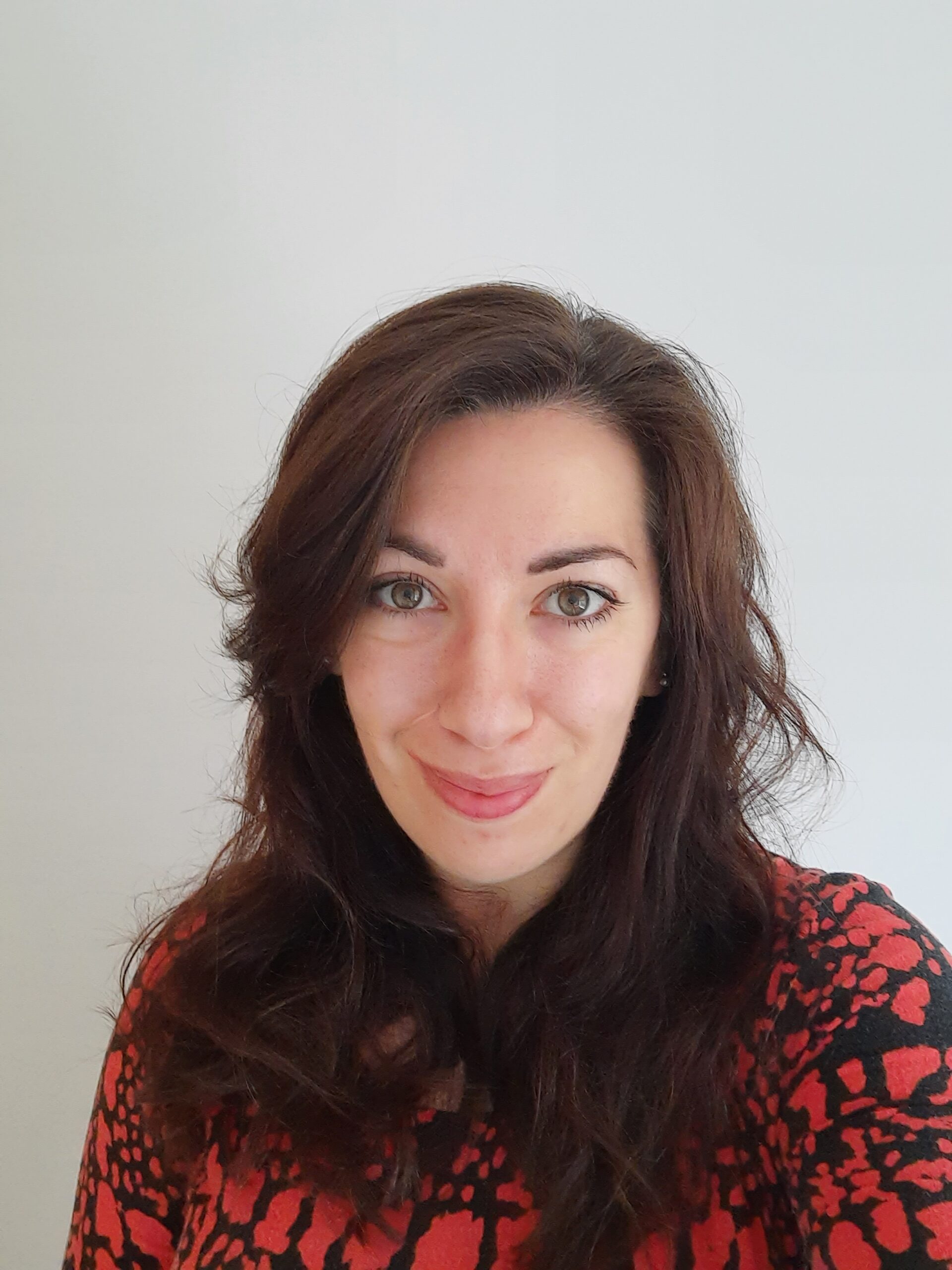
Eleanor Davey Corrigan
Adam Matthews
See Biography
Ros Pyne is Global Director, Research and Open Access at Bloomsbury Academic. She has worked in open access policy and strategy roles for over a decade and has a particular interest in bringing OA to long-form scholarship and to the humanities. Ros sits on the advisory boards for the OAPEN OA Books Toolkit and the Mellon-funded Book Analytics Dashboard Project and is co-author of several papers on open access books.
3. JASPER: preserving diamond Open Access journals – Alicia Wise, CLOCKSS
In scholarly publishing, there is a long-tail of small, open access, peer-reviewed journals. Many sadlyy are not archived in a long-term digital preservation scheme, and so something needs to be done to prevent these journals from vanishing from the internet. A team of organisations have come together to find a solution that will decrease the number of unarchived journals. This is project JASPER.
The first phase (now ongoing) is a pilot to check if journals indexed in DOAJ will engage with archiving services when prompted to do so and with the offer of help. DOAJ acts as a conduit for the journals and a single point of contact for participating preservation services (initially CLOCKSS, Internet Archive, and PKP-PN). Preserved content then appears in the Keepers Registry.
In phase two we will expand to support more journals and to involve more preservation services in hope that the content will be preserved by at least three services, in line with best practice.
The lightning talk will focus on lessons learned and next steps.
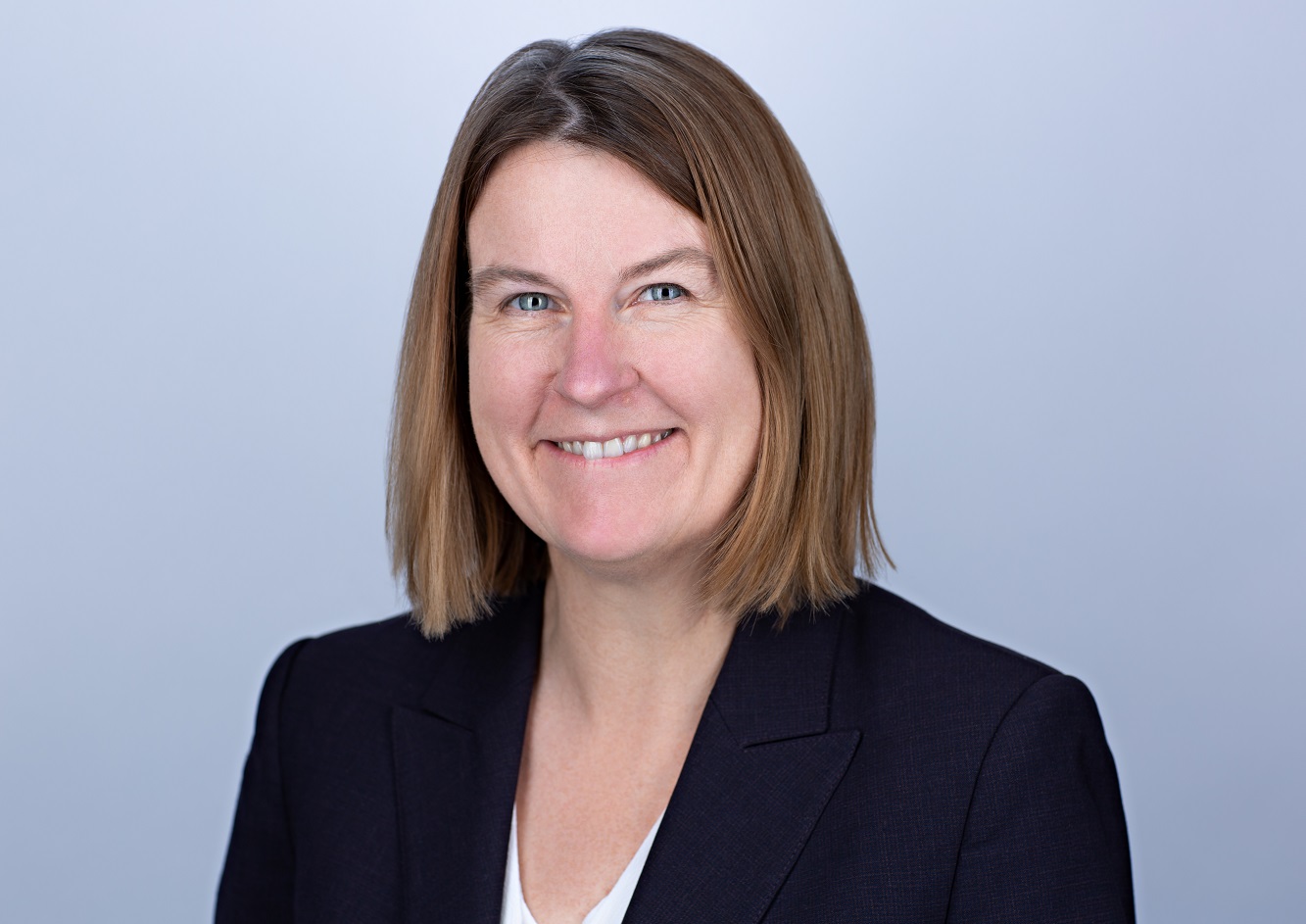
Alicia Wise
CLOCKSS
See Biography
Alicia Wise is Executive Director of CLOCKSS, a community of research libraries and academic publishers working together to ensure the long-term preservation of the scholarly record. She has been active in increasing access to research information for 20 years in roles within our publishing community (e.g. with Elsevier, the Publishers Association, the Publishers Licensing Service) and also within the library community (e.g. Jisc, a range of universities). Her Ph.D. is in Anthropology and focussed on the Roman invasion of Scotland and resistance to this.
17.30
Exhibition Viewing
Gala Dinner
Kindly sponsored by
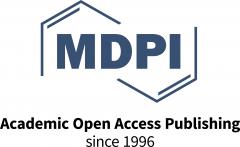
Time
Programme
Speakers
09.00
Registration
Refreshments and exhibition viewing
09.30
Breakout Session – Group C
10.30
Refreshments
Refreshments and exhibition viewing
11.00
Breakout Session – Group D
12.00
Plenary Session 3
1. N8+ and collective collections: what’s the little idea? – Phil Sykes, University of Liverpool
Phil will talk about the development of the N8+ project, its potential to reset the power balance between universities and publishers worldwide, and the role it could play in the development of “collective collections”. He will argue, more broadly, that the best hope for progress in our work tends to come not from big ideas but from small, specific, concrete advances
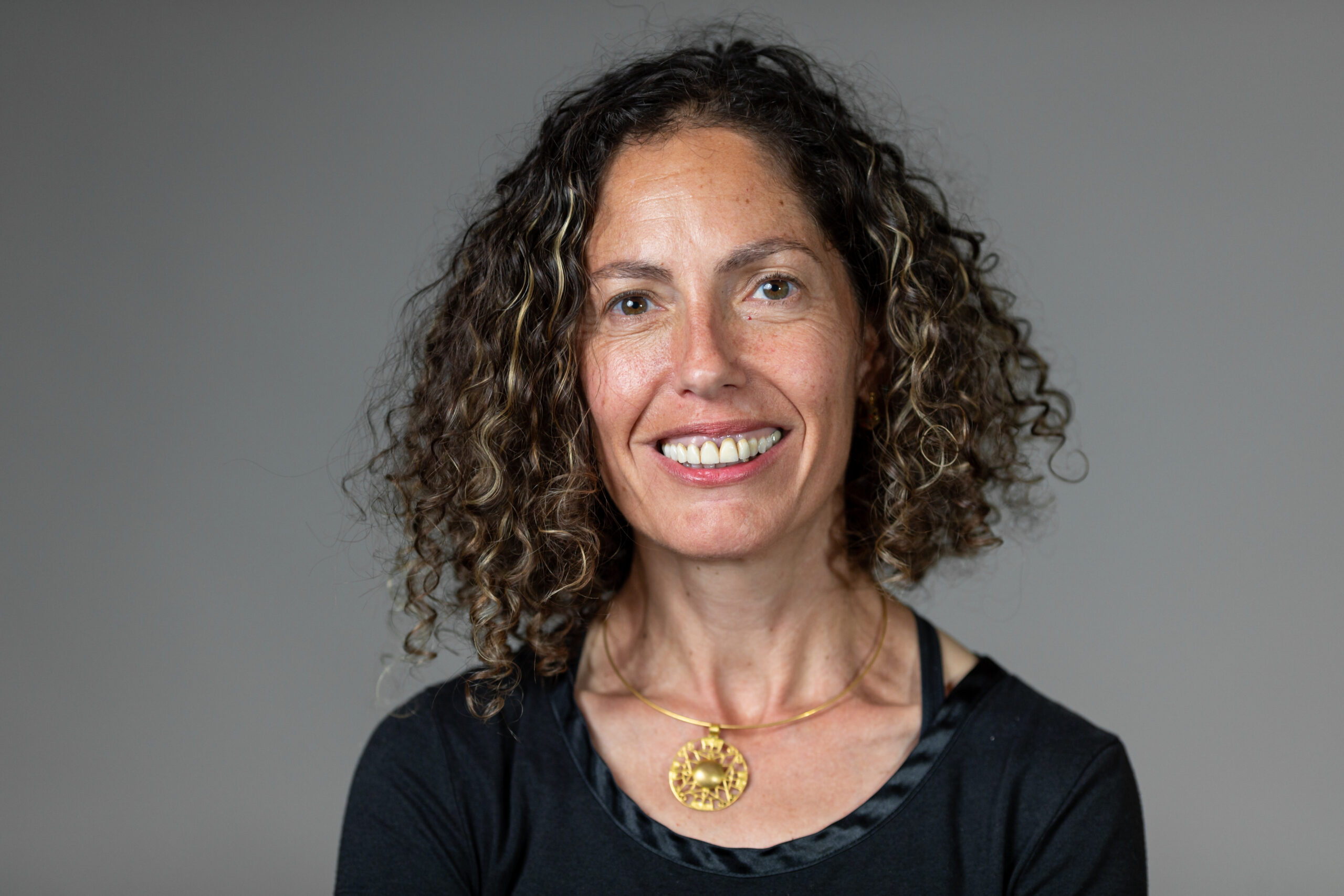
Judith Fraenkel
Ex Libris
See Biography
Judith Fraenkel is Director of Product Management at Ex Libris focusing on Resource Sharing solutions. Since joining the company in 1999, Judith has filled various positions in the areas of technology, content management, and customer support. A key focus of her current role is leading efforts to integrate Controlled Digital Lending capabilities into Ex Libris’ products. She also leads strategy and programs that enhance the Diversity, Inclusion and Equity commitment of Ex Libris.
2. Looking to the future: CDL and library solutions – Judith Fraenkel, Ex-Libris
Controlled Digital Lending (CDL) is a developing practice which allows libraries to lend a digital copy of a physical resource in a “lend like print” manner. Ex Libris has a vision of integrating CDL capabilities within our products to help librarians serve their users in the most modern and adaptive way possible.
Ex Libris has already taken steps to support libraries by providing CDL capabilities within Alma Digital, with more planned in the fields of reserves management, general circulation, and resource sharing. Judith Fraenkel, Director of Product Management will take you through these plans, and more, in this session.
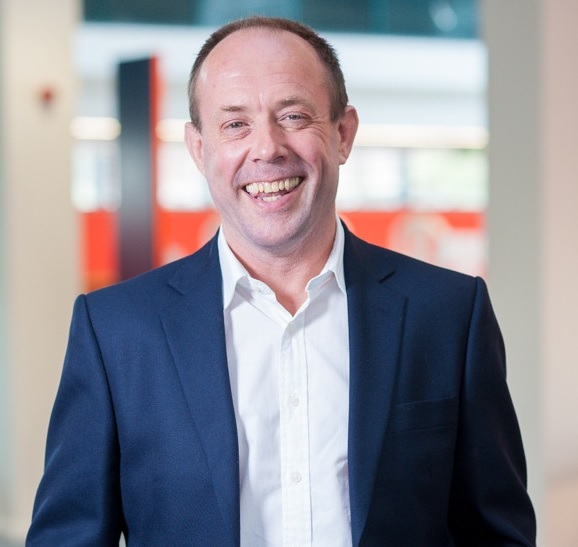
Phil Sykes
University of Liverpool
See Biography
Phil will deliver this presentation on the first day of his retirement. For the last eighteen years, he has been Director of Libraries, Museums and Galleries at the University of Liverpool. Most of his previous experience was at new universities – Leeds Polytechnic, Hatfield Polytechnic, Liverpool JMU, and the University of Huddersfield, where he managed a converged library and computing service. He was Chair of RLUK for two years and a member of the Finch group on Open Access. He was one of the founder members of the N8+ initiative and developed much of the methodology which underlies it.
17.30
Close of conference
Supporting academics in navigating the emerging landscape of open access book policies
The Open Access (OA) policy landscape is shifting – funder policies are beginning to include OA for books. This is uncharted territory for most publishers and academics, and those at the nexus of publishing OA books require support.
This interactive workshop will consider current developments in this area and provide an outline of the key findings of our work. We will invite feedback from attendees to inform understanding of the requirements and challenges faced by the academic community.
In order to provide this support, we have carried out research looking at academics’ opinions concerning publishing OA books and have identified key pain points experienced when dealing with OA book policies.

Karen Jackson
Jisc
See Biography
Karen has worked at Jisc since 2017 and having been involved with several products in the Open Research portfolio she now manages Sherpa Services, leading the development and evolution of these products and services. A qualified Library professional, she has a background in H.E. libraries, repository management, Open Access advocacy and service/product management.
Data and decolonising the curriculum
Some UK HEIs have begun to examine whether legacies of colonialism or other injustices are present in curricula. Imperial College has developed a novel computer-based method that combines our reading list management system, a journal database and the World Bank to evaluate the distribution of authors cited on reading lists by affiliated country income status. The results applied to modules over different time periods will be shared as well as our broader thoughts and experience of the implications, opportunities and limitations of quantitative data to support decolonisation, particularly in a STEM setting.
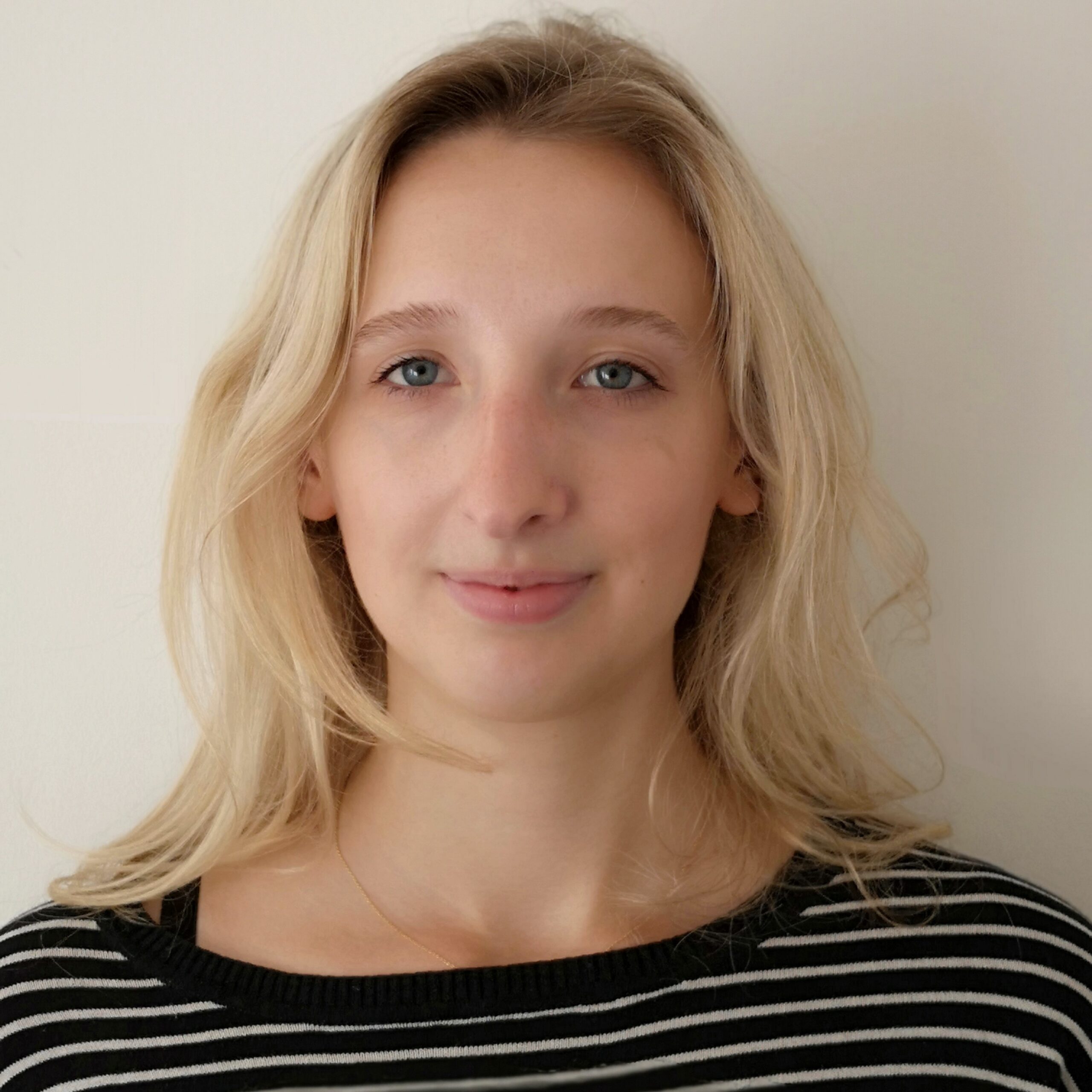
Robyn Price
Imperial College London
See Biography
Robyn Price is responsible for bibliometric analysis and education at Imperial. She has established a bibliometric service to deliver responsible metrics support to staff and students. She is interested in equity in scholarly communications and research, alternative metrics, grey literature and open access. Previously, Robyn worked in the editorial teams of open access and subscription journals.
From reverence to contempt: students’ evolving attitudes toward the media and the urgent need for instructional recalibration
The pandemic laid bare a trend many educators throughout the world had already noticed. The near reverence with which students used to regard serious newspapers had largely evaporated and, in some cases, been replaced with outright contempt. I taught scholarly research and writing at the start of our new millennium and, like most of my colleagues, I encouraged skepticism toward the media. We taught our students that even the most prestigious newspapers shouldn’t be taken for gospel and that all articles were susceptible to error and bias. Today, this kind of instruction is neither necessary nor helpful. For the most part, students are already skeptical of the media and, where they detect opinions in news sources different from their own, they are increasingly likely to dismiss everything in those sources as fundamentally unreliable. In this session, we will consider the main reasons students have lost faith in the media and explore non-naïve and responsible ways of building it back.
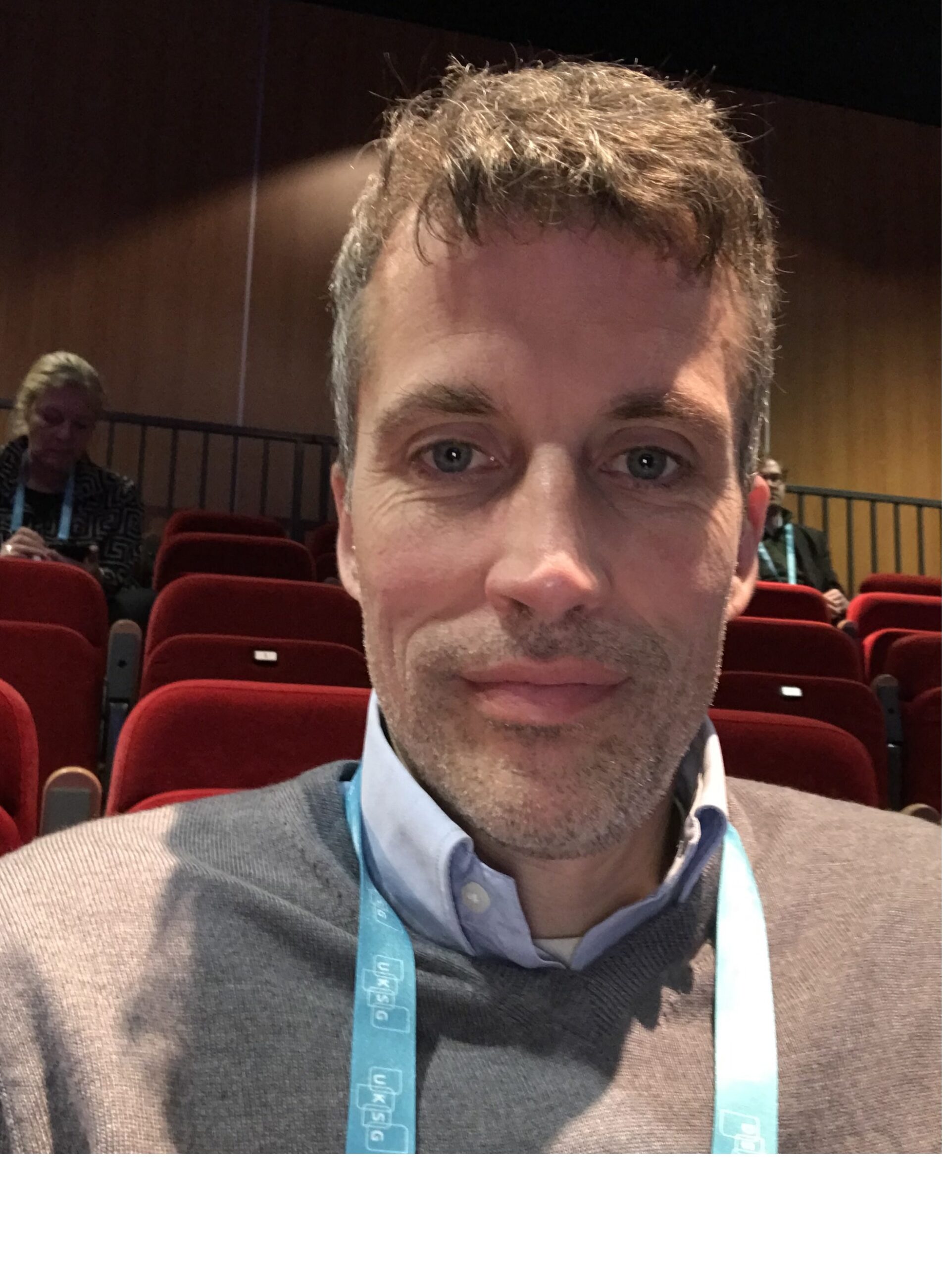
Adam Blackwell
Newsbank
See Biography
After many years at ProQuest, Adam recently moved to Newsbank. Before working in publishing, Adam taught literature and creative writing at the University of Utah, where he earned a PhD in English. He also has a BA in social anthropology and linguistics from Cambridge University (Caius).
Adam enjoys running, watching football, and making home movies. This year, for the first time in two decades (!), he wrote a play, which is part domestic drama and part ghost story.
From speed dating to long-term relationships: strategies for including support for Open Science Infrastructures into library budgets
During this session we will seek to explore how libraries can move towards a more strategic way of thinking about investing in Open Science Infrastructures moving away from short-term commitments to mid to longer term ones by referring to countries who have changed their funding strategies in favour of OS infrastructure. What strategies are being applied on both national and institutional levels, why and how? A panel discussion will hear from library consortial and national approaches as to why they changed their funding strategies to include OS infrastructure, which we hope will give others the confidence to do the same.
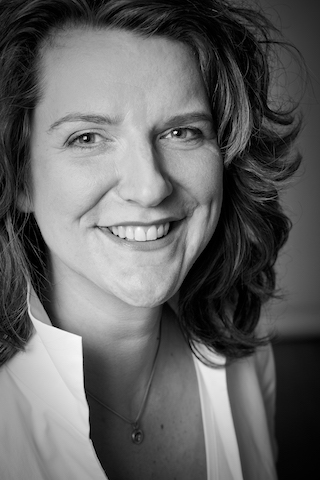
Vanessa Proudman
SCOSS/SPARC Europe
See Biography
Vanessa Proudman is Director of SPARC Europe, where she is working to make Open the default in Europe. Vanessa has 20 years of international experience working on Open Access, Open Science, Open Culture and Open Education with many leading universities worldwide from over 20 countries. Research and knowledge exchange are her vehicles to inform, connect and advocate for change in these areas: to increase international, national and regional policy-making and practice in Europe. Vanessa is also exploring how to concretely create – and above all sustain – a more equitable, inclusive and bibliodiverse open science ecosystem.
Agata Morka
SPARC Europe

Jean-Francois Lutz
Université de Lorraine
See Biography
Jean-Francois Lutz works at the Université de Lorraine libraries where he is head of research support services. He has a special interest in the question of open science infrastructure funding and works on this issue as a SCOSS board member on behalf of the French ministry of Higher Education and Research and as board member of the French National Open Science Fund.

Fabian Felder
Lib4RI (formerly Consortium of Swiss Academic Libraries)
See Biography
Fabian Felder spent the last four and a half years working as an Open Access specialist at the Consortium of Swiss Academic libraries. The position was co-financed by swissuniversities to coordinate national efforts for Open Access solutions with publishers and other service providers. The national project SwissCOSS and the subsequent establishment of services included in SCOSS funding calls as consortium products is one of his proudest achievements. Since October 2021, he works as the group leader for E-Resources & IT Services at the Lib4RI.

Niels Stern
OAPEN Foundation
See Biography
Niels Stern is director of OAPEN. He began his career in scholarly book publishing in 2003. Co-founder of the OAPEN project in 2008. Head of Publishing at the Nordic Council of Ministers in 2011. Since 2014 independent expert for the European Commission on open science and e-infrastructures. In 2017 Head of Department for Licence Management at the Royal Danish Library and chief negotiator for the national licence consortium in Denmark.

Timo Vilén
FinELib
Laura Mesotten
KU Leuven
Does usage data matter in an open access world?’
People tend to think about COUNTER data as the information librarians use to evaluate subscription content. So, will there be any need for this usage data in an increasingly open access environment? This session discusses this question in the context of emerging community action business models and asks if usage statistics are relevant in evaluating the investment libraries are making in open access journal and book content. If usage statistics are relevant, whose usage? The usage by members of the institution or the usage made by people in the wider world? Finally, this session will discuss what COUNTER has been doing over the course of the last year to explore these questions, and how COUNTER reports could develop as a result.
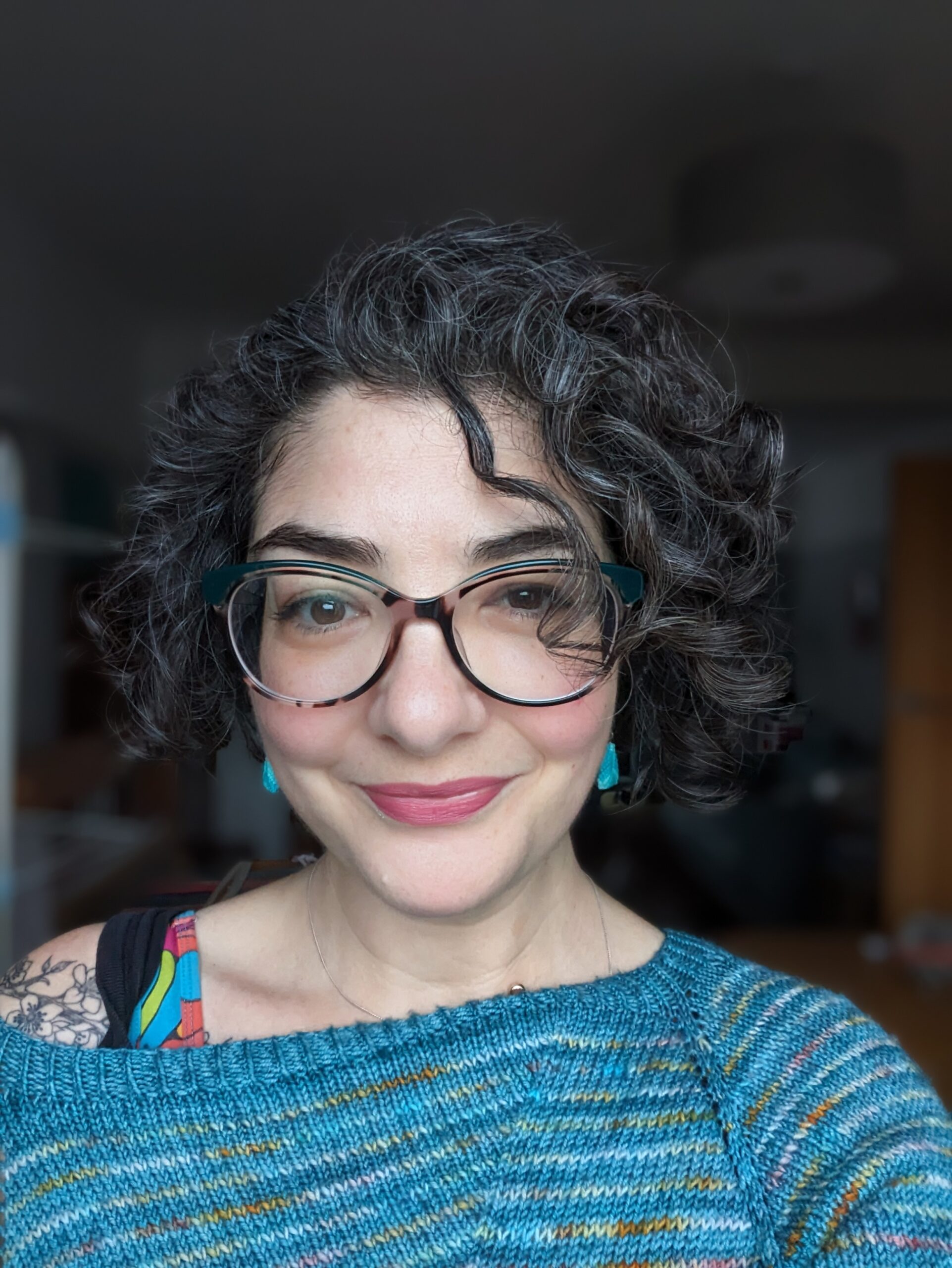
Tasha Mellins-Cohen
Counter
See Biography
Tasha Mellins-Cohen, Executive Director at COUNTER Metrics and Founder of Mellins-Cohen Consulting, joined the scholarly publishing industry in 2001. She has held roles within learned societies and commercial publishers across operations, technology, editorial and executive functions, while donating time to key industry initiatives and bodies such as UKSG, ALPSP and STM. In 2020 she started consulting in response to requests for help in developing and implementing OA business models in not-for-profit groups. In 2022 she stepped up from volunteer to Director at COUNTER Metrics, the standard for usage metrics, alongside her consulting work.
Research Catalyst: situating the Archive and library staff at the centre of the research process
Challenges posed by COVID-19 have highlighted the importance of collaboration between libraries, archives, and academics. At Edge Hill University we have established ‘Research Catalyst’, a research group aiming to advance the productive and positive relationship between colleagues in Library and Learning Services (LSS) and the Department of History, English and Creative Writing, and positioning LSS as a co-lead in the research process with the potential of co-supervising or leading research projects. We have established a Memorandum of Understanding defining the purpose of our group and reflecting the complimentary agendas of librarians and academics. This talk introduces Research Catalyst and our ambitions for the future.

Anna Franca
Edge Hill University
See Biography
As Head of Collections and Archives at Edge Hill University, Anna França leads the team dedicated to managing and developing the library collections and University Archive. Prior to joining Edge Hill, she held roles at King’s College London and has almost 18 years’ experience in the academic library sector. Anna is interested in the role that libraries can play in supporting a sustainable transition towards a more open research landscape. She is active in a range of professional networks and groups and chairs the USKG Education and Events sub-committee.
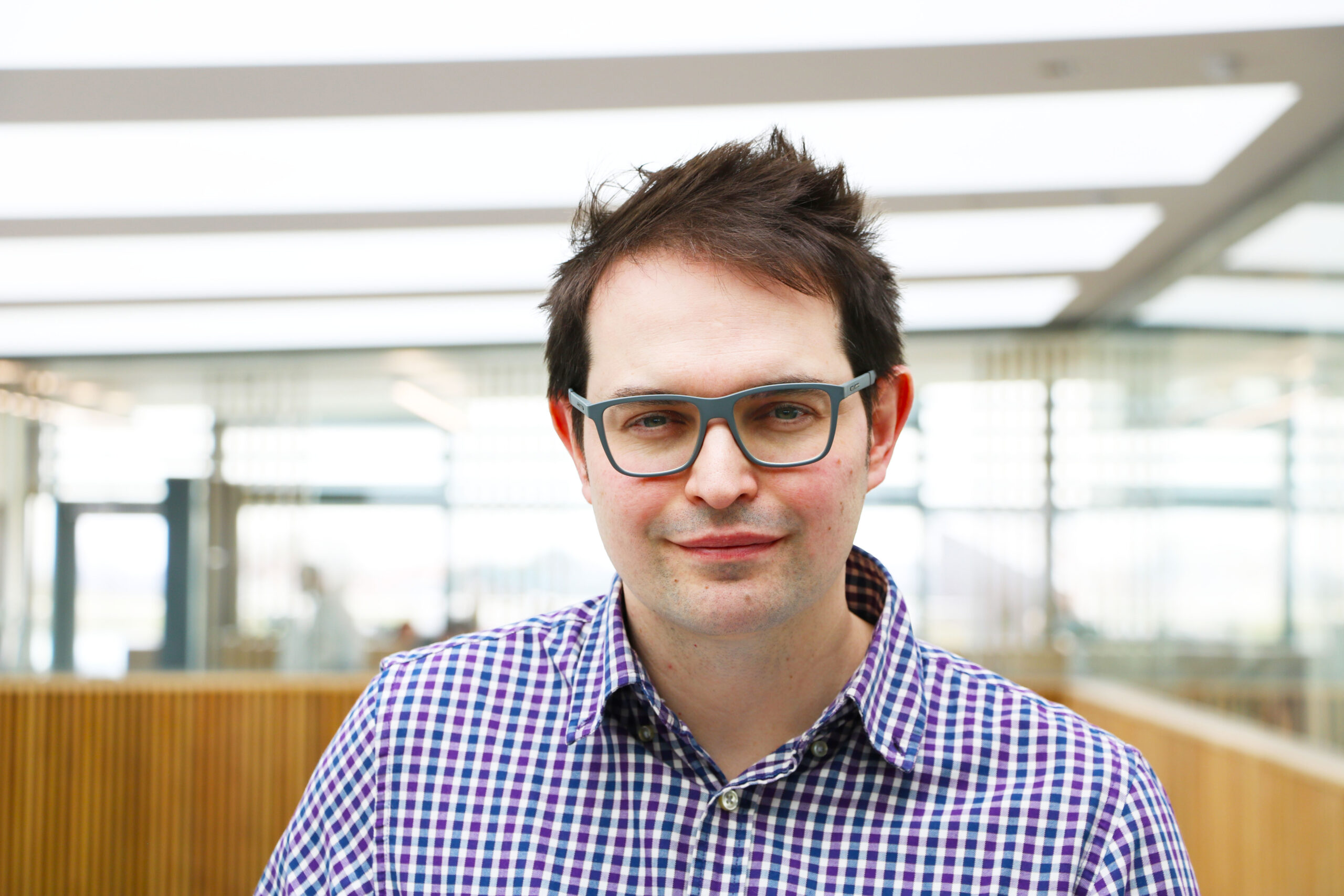
Liam Bullingham
Edge Hill University
See Biography
Until recently, Liam managed research support in Library and Learning Services at Edge Hill University. At Essex, he leads the Academic and Research Services team in Library and Cultural Services; this includes academic liaison and information literacy team and also research services. He is a member of the LIS-Bibliometrics Committee and is a Trustee of UKSG..
Open systems and solutions for libraries – a new perspective
The presentation argues that we need a new perspective on ‘open’ in the light of changing technology and the needs of academic libraries. Perceptions differ about what constitutes ‘open’ in terms of the wide variety of systems and solutions deployed by libraries.
With the rise of cloud computing, software ‘platforms’ are on the rise. The value of a platform. as opposed to a software ‘product’ comes not only from its own features, but from its ability to connect to external solutions, data, and processes. To do this it needs to be ‘open’ in terms of data and the ability to integrate, via (typically open) application programming Interfaces (APIs), with other products which may be developed by customers or provided by other independent software vendors (ISVs). The result is that we see open source library system platforms such as Folio integrating with proprietary software solutions such as reading lists. Equally we see proprietary library system platforms making use of open source software and enabling third parties to integrate to add functionality and re-use data and services provides by the platform.
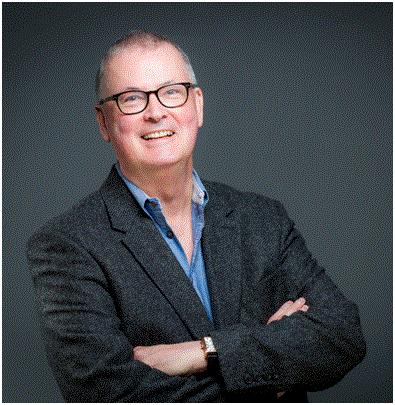
Ken Chad
Ken Chad Consulting Ltd
See Biography
Ken gained his Master’s degree from the Information Science Department at City University in London. He is also an alumnus of the Warwick University Business Innovation and Growth Programme. He worked as a librarian before spending over 20 years in the library technology business. He set up his consulting business in 2007 to help make libraries and archives more effective. He has presented widely in the UK and internationally. Ken has published a number of open access briefing papers on library technology issues and runs Higher Education Library Technology -an open and free community resource.
Transformative Agreements – what next?
We have been living with Transformative Agreements for a while and many publishers and institutions are now familiar with the way they work. But are they really transformative, and are they getting us to where we need to be? This session looks at a potential model of what comes next and how this may transition to a different way of pricing for journal content.
Danny Smith
Jisc
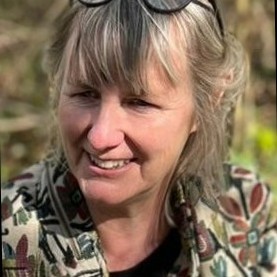
Gaynor Redvers-Mutton
Microbiology Society
See Biography
Gaynor is committed to develolping sustainable and fair routes enabling authors the choice of not for profit journals in which to publish their research.

Jeremy Upton
Director of Library & University Collections University of Edinburgh*
See Biography
Jeremy is the Director of Library and University Collections at the University of Edinburgh. A music graduate, he started his professional library career as a music librarian before moving into a technical services management. Jeremy joined the University of Edinburgh in April 2015.
As Director, Jeremy is responsible for ensuring the professional management of and access to the University’s Library and Museum collections, both physical and digital.
Jeremy has a long-standing interest in the procurement and licensing of content. He is currently a member of the Research Libraries UK Board and Chair of the Coimbra Group Heritage Working Group.
Open textbook publishing 101: A quick start to your university’s open textbook initiative.
This presentation will outline our experiences with launching an open textbook publishing initiative at the University of Groningen (Netherlands) in cooperation with the university press and reflect on the learning points of the ongoing project.
The goal of this session is to support and encourage other university presses and libraries with small budgets to start their own open textbook pilots by sharing our lessons learned along the way and showing how rewarding and low-entry, albeit challenging, the process could be.
We will substantiate our point with examples drawn from the experiences of our open textbook authors, ranging from involving students’ input to making use of the interactive features of a publishing platform. We would like to demonstrate that a successful and innovative open textbook publishing pilot can be both low-cost and high-value, with space to experiment and center around authors’ creative ideas, student needs, and open pedagogical practices.
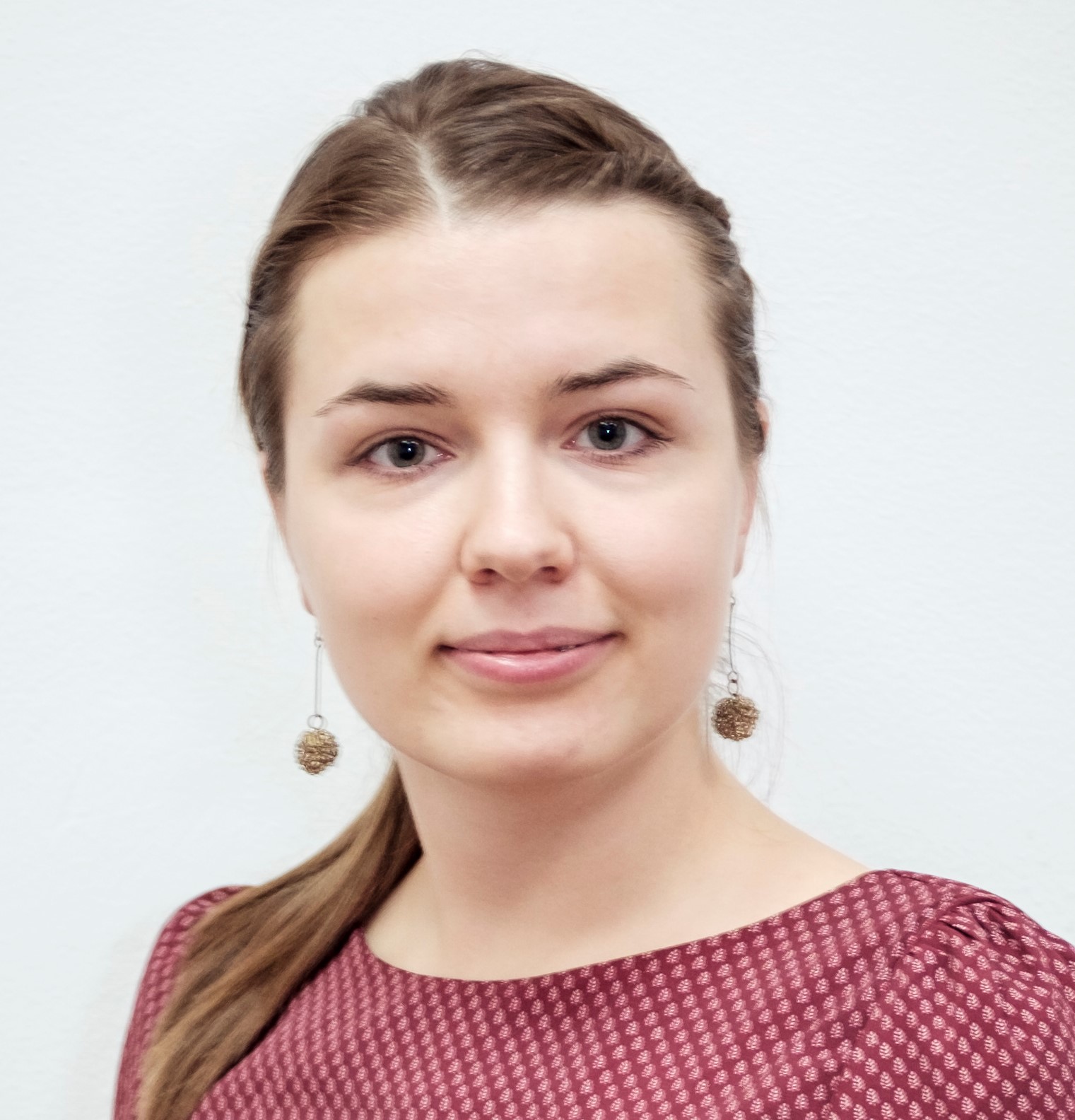
Mira Buist-Zhuk
University of Groningen
See Biography
Mira Buist-Zhuk is an academic information specialist at the University of Groningen Library (Netherlands). She leads the Open Education pillar of the University’s Open Science programme and is actively engaged in building services and infrastructure to support teachers in the area of open educational resources, open textbook publishing, and related copyright issues. Mira gained her academic background and professional experience in the fields of International Relations, Political Science, and Communications. She takes an active interest in open education and open science developments and is driven by the values of access to education, social justice, and sustainable development.
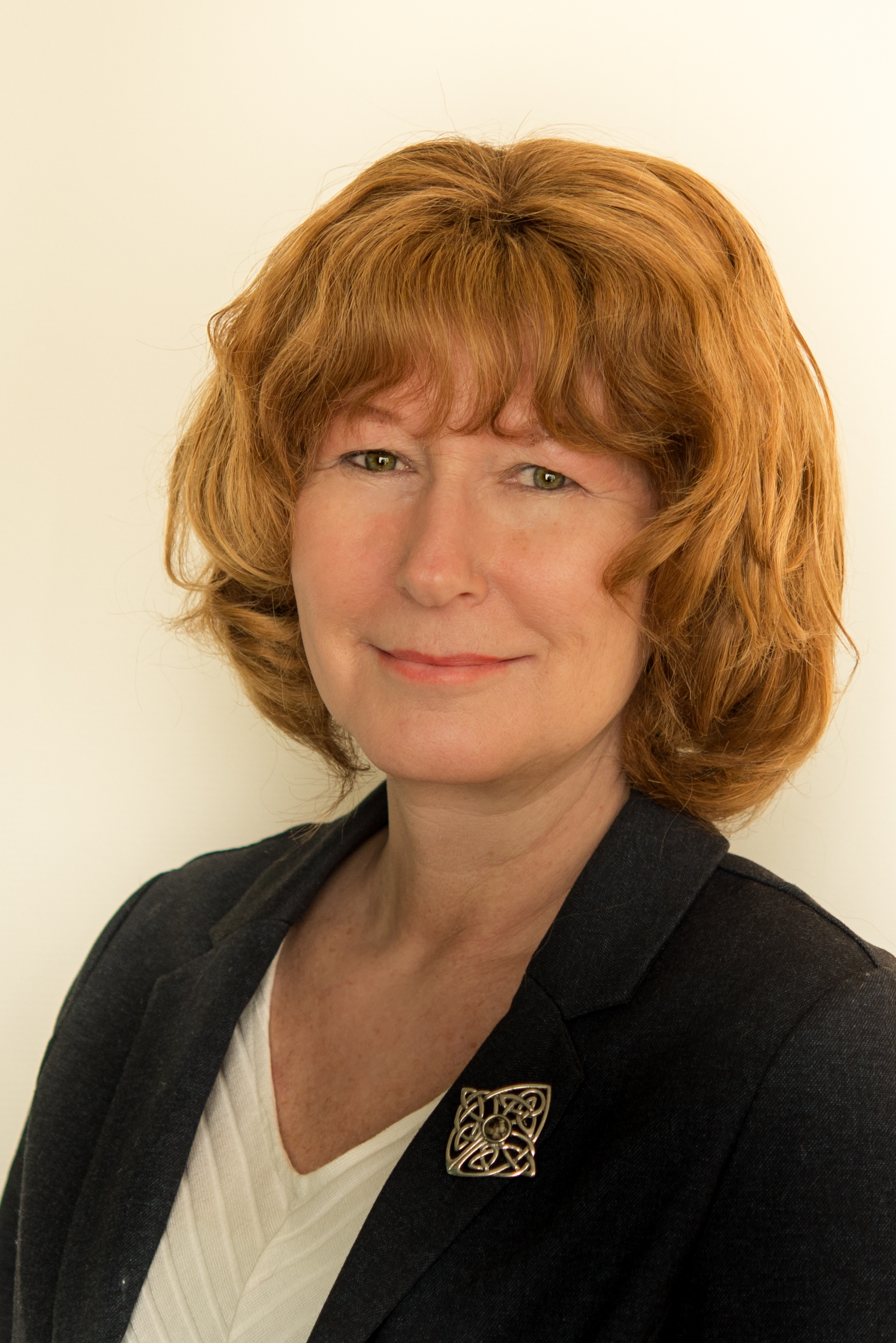
Margreet Nieborg
University of Groningen
See Biography
Margreet Nieborg is project manager and publishing consultant at the University of Groningen Press (UGP). UGP is part of the University Library. Margreet is an educationalist and has led various projects within the University Library, including setting up a University Press in 2017. UGP is an example of a new university press which currently hosts journals, books and series. Margreet thinks that with the rise of new university presses new publishing models will rise and can, in a modest way, activily support open access.
Sharing the costs of transition from Closed to Open: the quest for a fair cost allocation model in Austria
Austria was one of the first countries to initiate and implement transformative agreements with publishers, its first agreement dating back to 2014. Since then, the Austrian Academic Library Consortium has concluded deals with all major publishers and increasingly with society and university presses as well. This session will explore the challenges encountered while searching for a fair and sustainable cost-sharing model in a world in transition to Open Access, where the costs for reading and publishing continue to coexist. We will present the first transformative cost-sharing model, rolled out for two major agreements (Wiley and Springer), and provide an honest account of our experience to date. We will also give an overview of the AT2OA Post Transition Study, which builds on the methodology developed by Schimmer et al., and how this has influenced our current approaches.
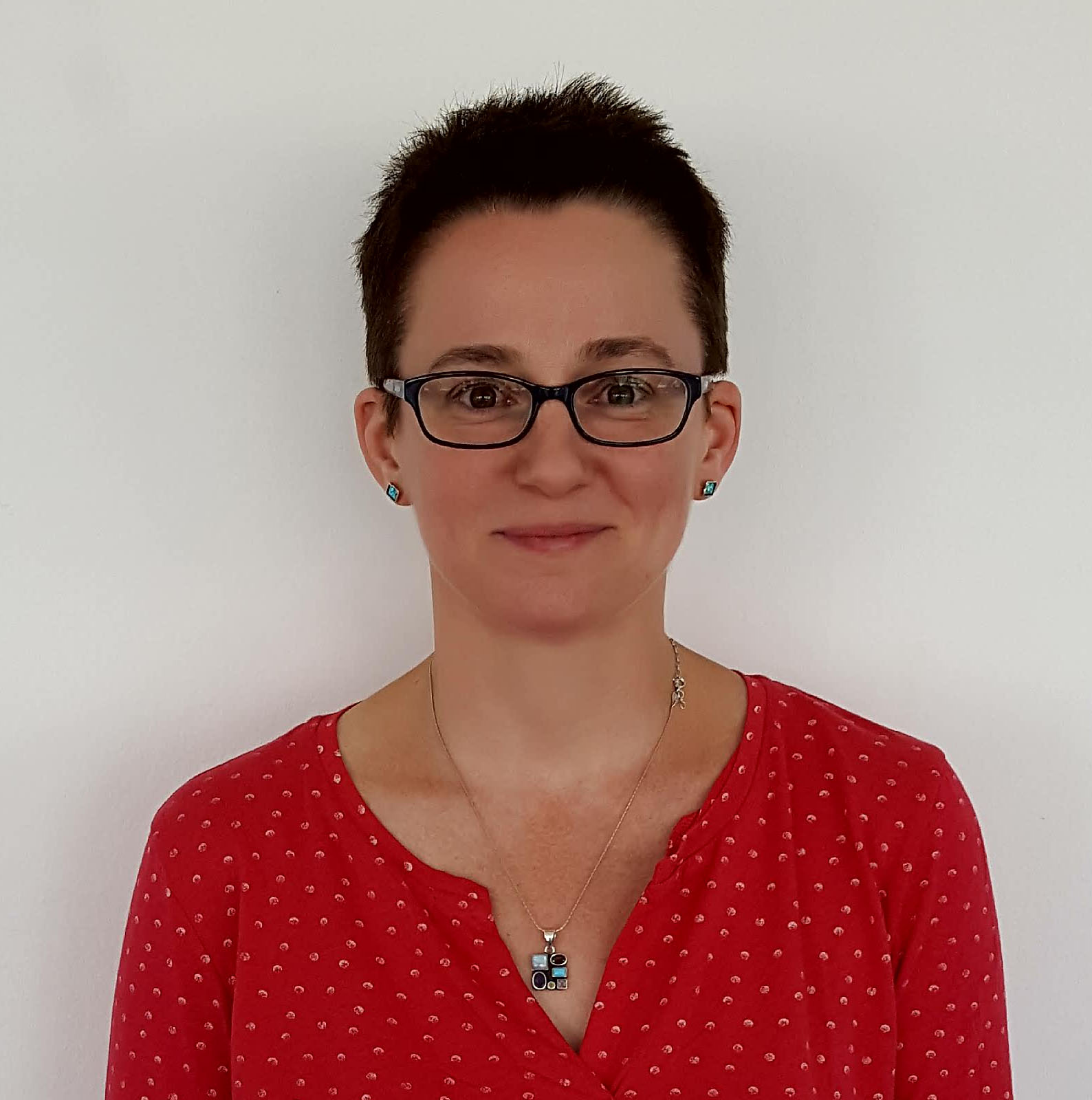
Rita Pinhasi
University of Vienna
See Biography
A graduate of UCL, Rita Pinhasi joined Vienna University Library in 2017, where she has been involved in the negotiations of various institutional and national Open Access publishing agreements, from data analysis through workflows to licensing. Previously she worked for regional and national consortia in Ireland, most recently as the manager of the IReL consortium, as well as a medical library in London.
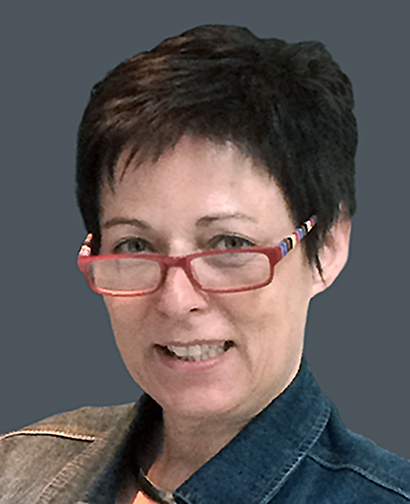
Brigitte Kromp
University of Vienna
See Biography
Brigitte Kromp is the Head of the Austrian Central Library for Physics and the Department of Consortia Management at the Vienna University Library. She acts as an expert for Open Access within the framework of the Austrian Academic Consortium (KEMÖ ) and has been involved in the negotiation of consortium deals with Open Access components. She is a member of several international working groups dealing with acquisition issues and represents Austria in the High-Level Group on Big Deals at the European University Association.
Brigitte holds a degree in mathematics and physics and completed a qualification in librarianship during her professional career.

Lothar Hoelbling
University of Vienna
See Biography
Lothar Hölbling studied history and numismatics at the University of Vienna. He also finished the Library and Information Studies formation at the Austrian National Library in Vienna. He subsequently worked in different positions as historian, archivist, librarian and data analyst in the private sector (Vienna, Hong Kong) and in the public sector (University of Vienna, Museum of Military History Vienna, New York University).
From 2016 to 2020 Mr. Hölbling was employed as data analyst in the nationwide Austrian Open Access-Initiative AT2OA (Austrian Transition to Open Access). His main tasks were data acquisition, data processing and data analysis regarding the scientific publication output of all Austrian State Universities. Since 2021 Mr. Hölbling is employed in the follow-up project AT2OA² (Austrian Transition to Open Access Two) as data analyst and project manager.
Now we’ve heard it all! Engaging the community in shaping OA policy for books.
The Open Access Books Network (OABN) is a relatively new kid on the block, but it punches above its weight. Our most significant series so far was the Voices from the OA Books Community, devoted to exploring different aspects of policy for OA books.
During the heated discussions, what were the main areas of consensus and which topics emerged as especially controversial? Which aspects of OA policy for books perplexed the community and provoked more questions than answers? In this session we will hear from session leaders and participants as they paint a nuanced picture of a necessary but complex endeavour: how to directly engage the OA books community in developing policies that will materially affect its future.

Vanessa Proudman
SCOSS/SPARC Europe
See Biography
Vanessa Proudman is Director of SPARC Europe, where she is working to make Open the default in Europe. Vanessa has 20 years of international experience working on Open Access, Open Science, Open Culture and Open Education with many leading universities worldwide from over 20 countries. Research and knowledge exchange are her vehicles to inform, connect and advocate for change in these areas: to increase international, national and regional policy-making and practice in Europe. Vanessa is also exploring how to concretely create – and above all sustain – a more equitable, inclusive and bibliodiverse open science ecosystem.

Niels Stern
OAPEN Foundation
See Biography
Niels Stern is director of OAPEN. He began his career in scholarly book publishing in 2003. Co-founder of the OAPEN project in 2008. Head of Publishing at the Nordic Council of Ministers in 2011. Since 2014 independent expert for the European Commission on open science and e-infrastructures. In 2017 Head of Department for Licence Management at the Royal Danish Library and chief negotiator for the national licence consortium in Denmark.

Jeroen Sondervan
Utrecht University Library
See Biography
Jeroen Sondervan has been involved in open access and open science for the past fifteen years. From the publishing world (e.g. at Amsterdam University Press and Brill), he has gained initial experience with open access.
He is a member of the Knowledge Exchange Open Access Group, the Dutch library consortium OA working group and editor of the national platform openaccess.nl.
In 2015, Jeroen started working as an open access publishing consultant at the Utrecht University Library. In 2019, he joined Utrecht University as open access programme leader within the Open Science Programme. In this role, with the other themes of the Open Science Programme (recognition and rewards, public engagement, FAIR data/software and open education), he has driven and facilitated the culture change towards open science.
In Open Science NL, Jeroen fulfils the role of programme leader open scholarly communication. He will focus on open access, but will also broaden his scope to include open peer review, open research information and new ways of scholarly publishing.

Rupert Gatti
Trinity College, Cambridge & Open Book Publishers
See Biography
Dr Rupert Gatti is a Fellow in Economics at Trinity College, Cambridge and a co-founder and director of Open Book Publishers. He is one of the founders of the OABN, where he led the ‘voices’ session on distribution and metadata. Rupert is also one of the work package leads within the COPIM Project developing Thoth, an open metadata and distribution service for OA books.
Structuring Open Access Structures: Libraries partnering with non-profit publishers
The shift to a more equitable open access ecosystem requires collaborative work between values aligned stakeholders. Libraries and non-profit publishers often share similar missions, but existing structures on both sides can work to create barriers to collaboration. The system remains configured to work with paid subscriptions or perpetual licensing, alongside print procurement, which can work against implementing OA models. What are the major structural impediments for OA? How can smaller and non-profit presses cooperate with libraries to create OA positive structures? We will use the Jisc Open Access Community Framework, MIT Press’s D2O, and PLoS CAP models as case studies for change.
Agata Morka
SPARC Europe
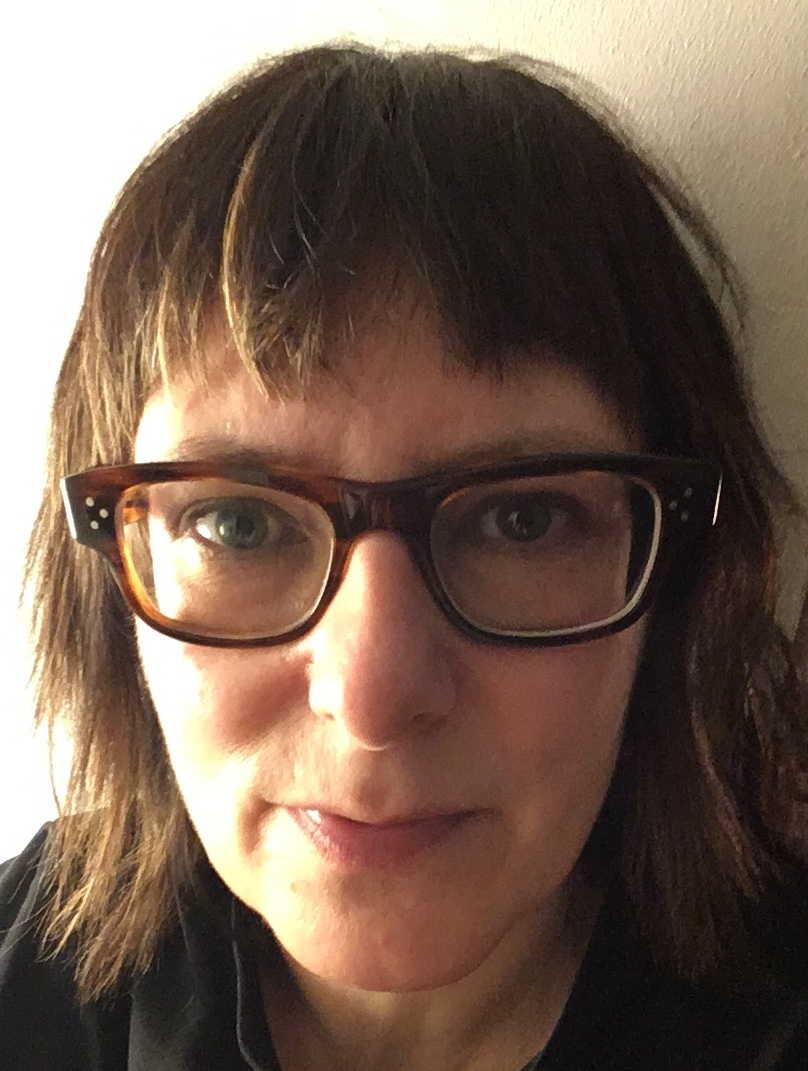
Helen Dobson
Jisc
See Biography
Helen is a Licensing portfolio specialist for research content at Jisc. She leads a team working to deliver agreements that meet the requirements of UK universities, achieve savings and support the transition to open access. Helen’s background is in academic libraries and in previous roles she oversaw services providing Open Access and Research Data Management support and publishing advice.
Bridging universities with society: policy, strategy, and ind practice
The role and place of universities in society are shifting and various initiatives seem to bridge the gap between science and citizens. But the framework, knowledge and possible implementation of these new standards seem diverse and somehow not consistent enough to produce sustainable change. This breakout session aims to frame the field, layout strategic options and dwell into concrete cases.
The moderators are members of the LIBER “Citizen Science Working Group”. In this session, we will illustrate the interests, the thrill and the achievements working to improve the academic mission in order to better serve the society.
Bridging the gap: SDU Citizen Science Knowledge Center as facilitator between science as society (Anne Kathrine Overgaard)
Policy and strategy: International trends, guidelines and recommendations (Thomas Kaarsted)
Strategy and implementation: Supporting Citizen Science in the UCL Office for Open Science & Scholarship (Kirsty Wallis)

Thomas Kaarsted
University of Southern Denmark
See Biography
Thomas Kaarsted is Deputy Library Director and daily manager of SDU Citizen Science. Originally a historian and a master of public governance he has been working with publishing and communication before moving into Citizen Science and Open Science. He is a member of the LIBER Citizen Science Working Group.
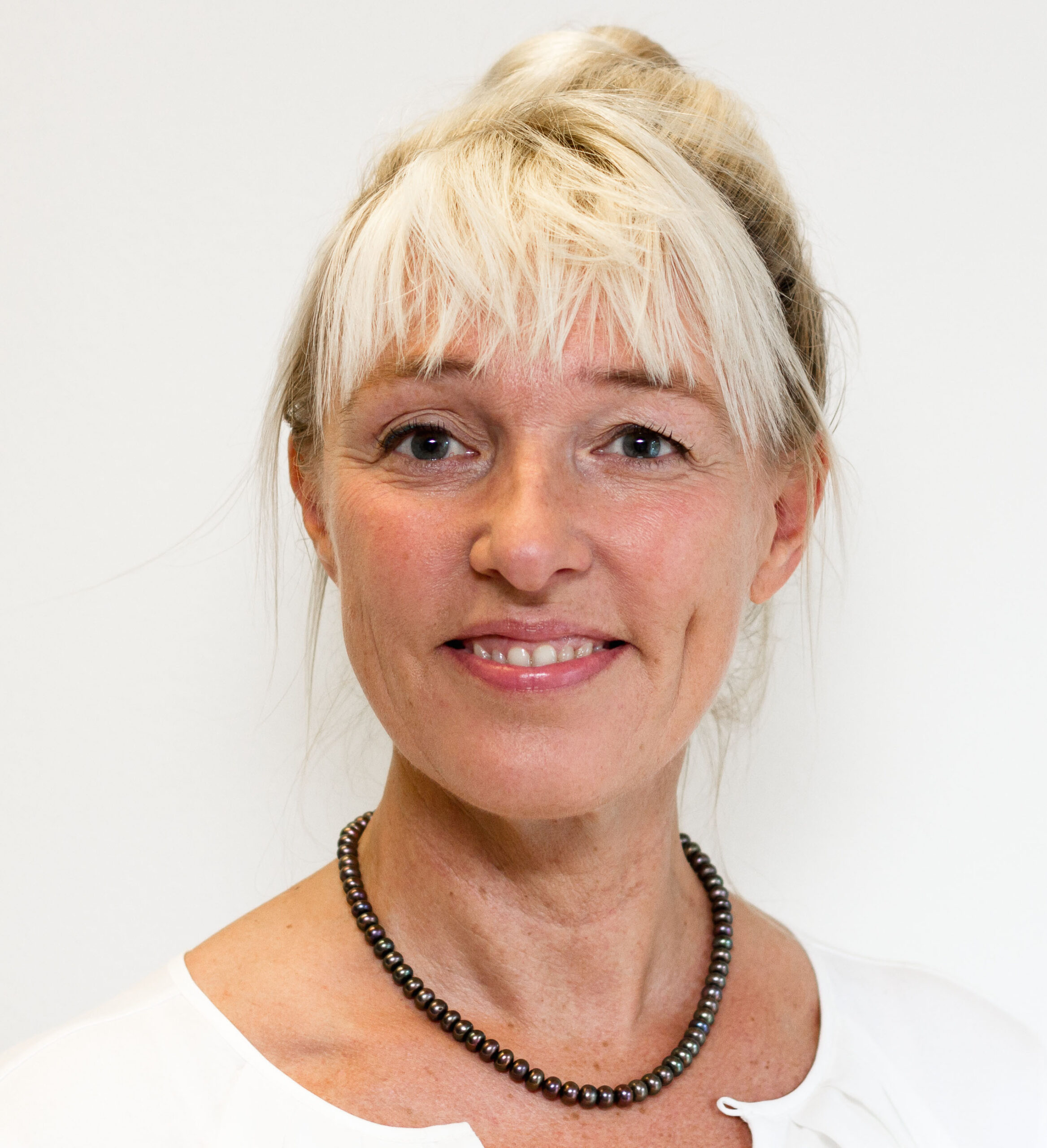
Anne Kathrine Overgaard
University of Southern Denmark
See Biography
Anne Kathrine Overgaard is Head of External projects at the Faculty of Health Sciences, University of Southern Denmark. Together with Thomas Kaarsted she co-founded in 2017 the Citizen Science Network and in 2021 the Citizen Science Knowledge Centre at SDU. She is a committed Citizen Science advocate and has been project manager for a long range of Citizen Science projects especially within Health Sciences.
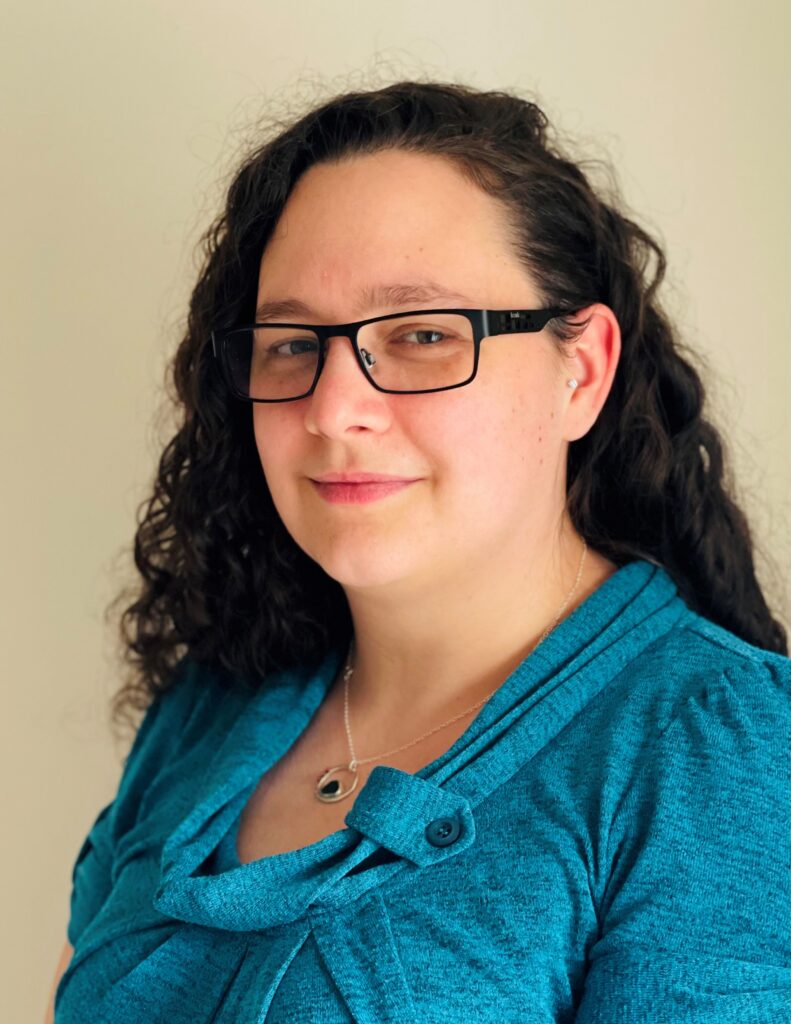
Kirsty Wallis
University College London
See Biography
Kirsty is currently Head of Research Liaison in UCL Library services where she also leads the day-to-day running of the Office for Open Science and Scholarship. This broad remit is built upon the LERU 8 Pillars of Open Science and brings together teams from across the institution around a common goal. This includes particular focus on creating a community around citizen science and developing an advocacy and support service. Kirsty is also a part-time PhD student, researching the evolution of research support services in Libraries and the effect of the shifting policy landscape.
Towards a model for assessing the value of transformative agreements for both “read” and “publish” institutions
Read and publish deals or Transformative Agreements, through which funders and institutions pay for knowledge dissemination rather than access, are a recent pathway toward a more open future. Yet we lack a framework for assessing the combined value of the open publishing and comprehensive read access that these deals provide. Perceived and actual value and price vary according to whether an institution is a major content producer (publish institution) or content consumer (read institution). To assess the value from these differing perspectives, we’ll use top-down data from Delta Think’s OA Data & Analytics Tool and bottom up data from Our Research’s Unsub.
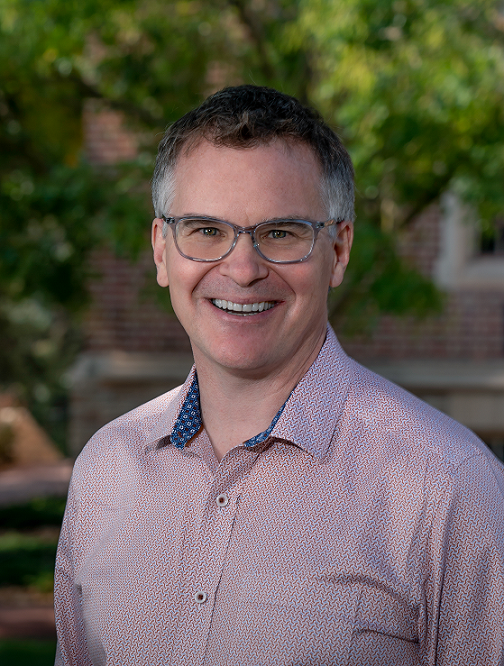
Michael Levine-Clark
University of Denver
See Biography
Michael Levine-Clark is Dean of the University of Denver Libraries, where he has worked in various positions since 1999. He serves in leadership roles in multiple consortia and is the chair of the OCLC Americas Regional Council. As a member of many publisher and vendor library advisory boards, he provides guidance about library and higher education trends. For his work on e-books and demand-driven acquisition models, he received the 2015 Harrasowitz Leadership in Library Acquisitions Award. He is widely published and has been invited to speak on six continents about academic library collections and scholarly communication issues.
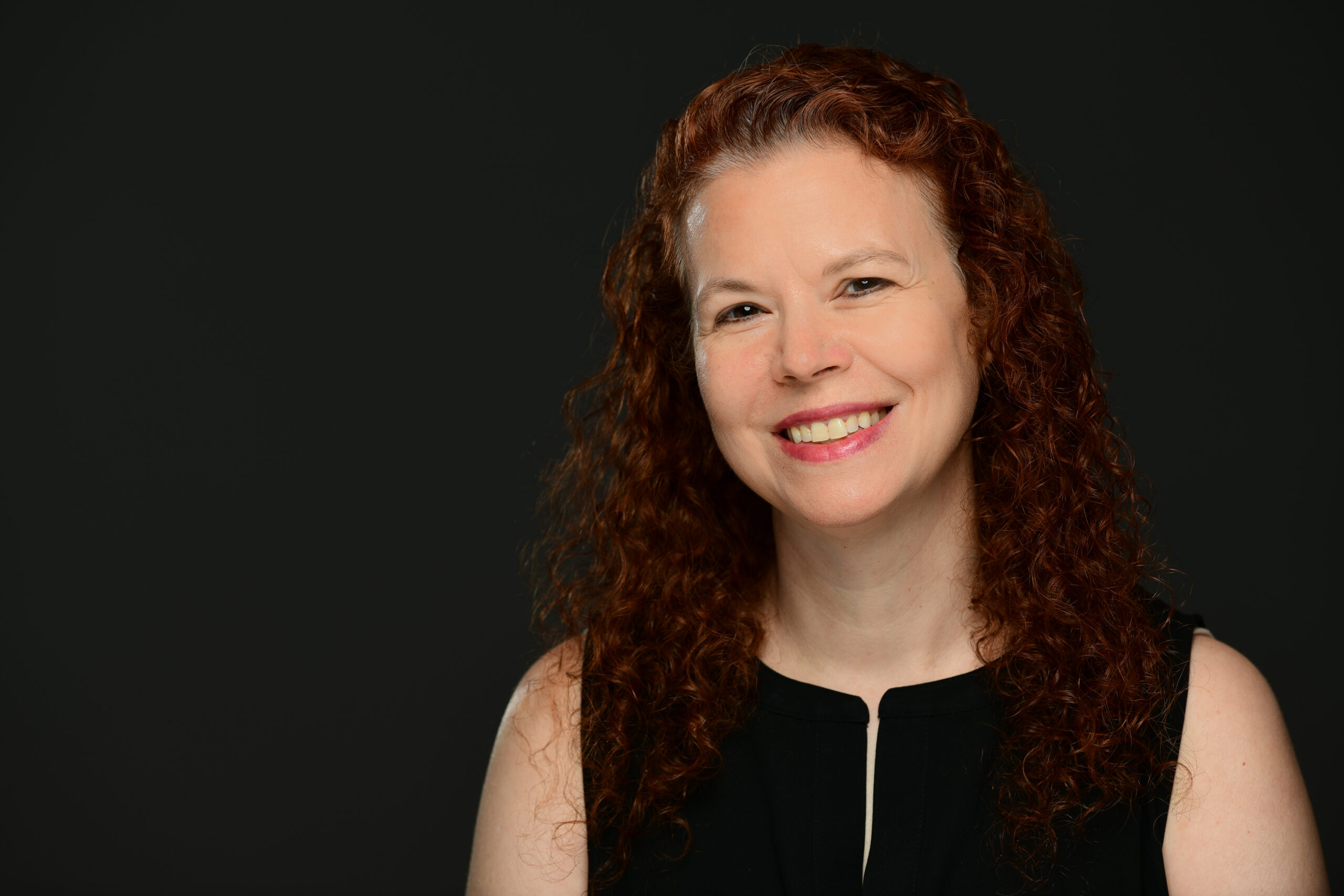
Heather Staines
Delta Think
See Biography
Heather Staines is Senior Consultant at Delta Think and Director of Community Engagement for the OA Data Analytics Tool. Her prior roles include Head of Partnerships for Knowledge Futures Group, Director of Business Development at Hypothesis, as well as positions at Proquest, SIPX, Springer SBM, and Greenwood Publishing Group/Praeger Publishers. She is a frequent participant at industry events including the COUNTER Board of Directors, Charleston Library Conference, STM Futurelab, Society for Scholarly Publishing, Council of Science Editors, NISO Transfer Standing Committee, and NASIG Digital Preservation Committee. She has a Ph.D. in Military and Diplomatic History from Yale University.
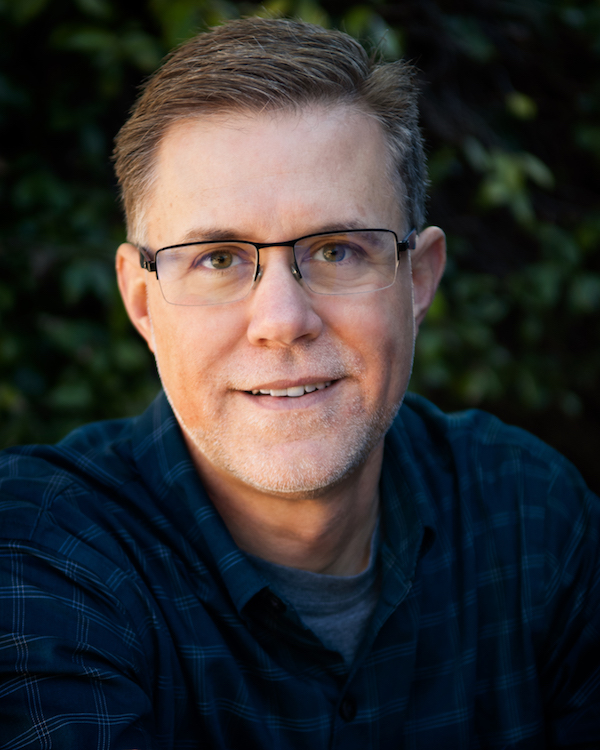
Jason Price
SCELC Library Consortium
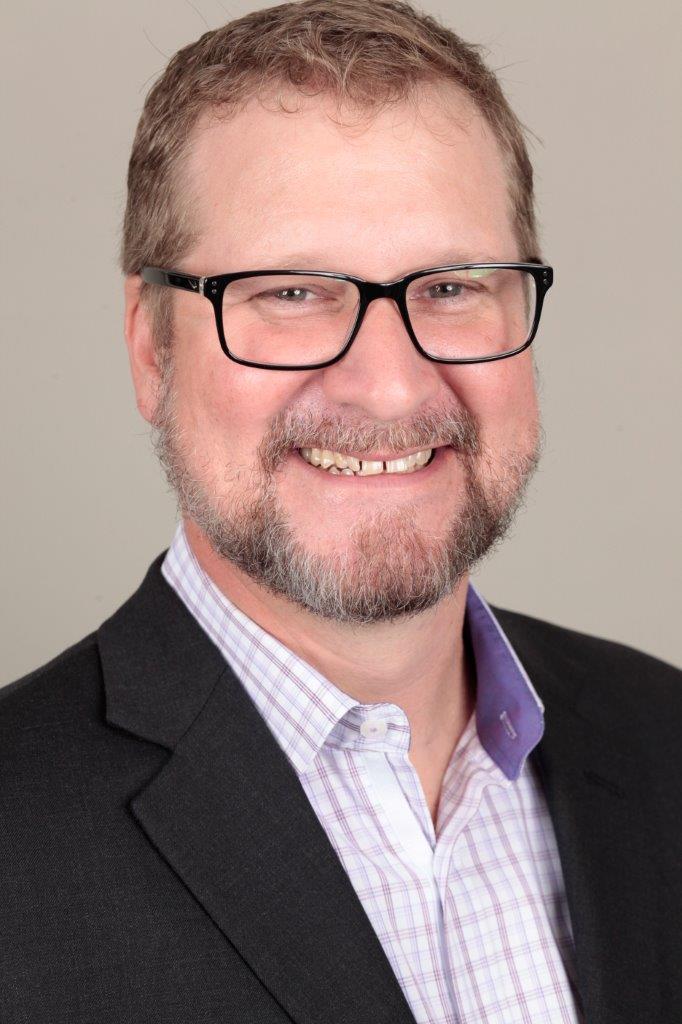
John McDonald
Product Manager, Analytics EBSCO International, Inc
See Biography
John McDonald is the Director of Product Management for Analytics & Assessment at EBSCO Information Services. He leads the development of products that help libraries and librarians to better understand their users, their usage, and the value of their collections & services. Prior to EBSCO, John was AUL for Collections at the University of Southern California Libraries, the CIO & Library Director for the Claremont Colleges and Acquisitions Librarian at Caltech. In his free time he enjoys baseball, brewing beer, making fermented hot sauces, and entertaining his teenager and their very big & sweet dog.
How to evaluate AI tools – and how the library can help
There are two main aspects to the AI for academic publishing in use today: the algorithm, and the corpus. Somewhat surprisingly, most attention has been focused on algorithms, yet the corpus may be even more important, from the point of view of potential bias. There is already plenty of experience within the library at measuring the take-up and effect (and limitations) of digital tools. Using some real-life case studies, this presentation gives suggestions for assessing AI tools compared with current manual processes, and considers how use cases can help identify new ways of deploying of AI.

Michael Upshall
UNSILO, a Division of Cactus Communications
Tracking the open access book: what data do research institutions and libraries need in support of their strategies around open access books?
With momentum for Open Access (OA) books on the rise, there have been calls by various stakeholders to open up the library and develop OA book infrastructures to further support the transition to OA for books. One of the key infrastructures for OA books is the OAPEN Library that helps stakeholders tracking usage of OA books. During this session we will show how OAPEN can provide usage data for different stakeholders and seek to explore additional kinds of data that libraries may find useful to inform their OA book strategies and decision-making processes to support OA book publishing initiatives.
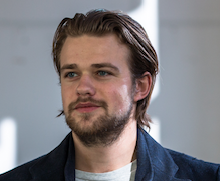
Tom Mosterd
DOAB & OAPEN, Open Access Books Network
See Biography
Tom Mosterd is the Community Manager for DOAB & OAPEN. His primary focus is on working with the growing library community on further improving and developing OAPEN and its services, connecting these with the needs of the library community. Next to this, Tom is one of three coordinators of the Open Access Books Network – an open network for anyone interested in open access books – organising events, creating resources, advocating for open access books and building a thriving community around open access books.

Niels Stern
OAPEN Foundation
See Biography
Niels Stern is director of OAPEN. He began his career in scholarly book publishing in 2003. Co-founder of the OAPEN project in 2008. Head of Publishing at the Nordic Council of Ministers in 2011. Since 2014 independent expert for the European Commission on open science and e-infrastructures. In 2017 Head of Department for Licence Management at the Royal Danish Library and chief negotiator for the national licence consortium in Denmark.
How do you make Library acquisitions truly ethical?
Contained within the University of Sheffield Comprehensive Content Strategy is an expression of ideals on which the Library should operate, notably a commitment to act ethically, sustainably and inclusively in the provision of content. This paper will explore the challenges of turning these ideals into practical action. It will ask what practically can be effected by librarians. Does this situation require a revolution? If not, can significant reform be achieved within existing power structures? Or are these notions fundamentally impossible, and academic libraries should resign themselves to an accommodation with commercialism and look for other values in their partnerships?

Peter Barr
University of Sheffield
See Biography
Peter Barr leads a team with responsibility for library acquisitions and collection management at the University of Sheffield. He was appointed to oversee the development of the Library’s Comprehensive Content strategy, part of which has now become the Collections Transformation Plan. His professional interest lies in these areas, particularly the role libraries can play in the transformation of scholarly publishing towards a more ethical, non-commercial and community owned future.
Brokering a National Data Agreement – Lessons Learnt and Future Opportunities
Jisc has led on a strategy (known as ‘Plan M’) to improve the efficiency of the library data ecosystem in the UK. This session will contextualise the objectives of the plan, give an update on progress, and look ahead to the opportunities that may be afforded if a more open bibliographic data ecosystem can be realised that empowers novel research, learning and teaching. A key part of the session will report on the outcome of a negotiation between Jisc and OCLC to facilitate a national WorldCat licence.
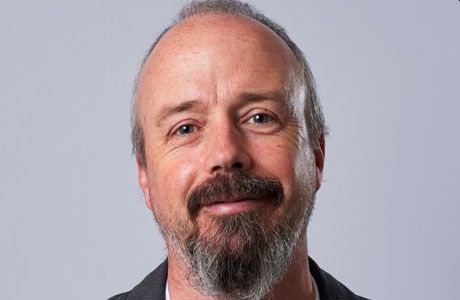
Neil Grindley
Jisck
See Biography
Neil is the Director of Discovery and Content Services at Jisc, an organization that empowers UK universities, colleges and skills providers to fully exploit the possibilities afforded by digital technologies. He has strategic responsibility for developing products and maintaining services that enable universities and colleges to acquire, create, manage, find and access resources for teaching, learning and research. Neil has managed and led national level initiatives focused on the digital humanities, digital preservation, and data infrastructure services for libraries.
Transforming decision-making in the library: The University of Nottingham perspective on Read and Publish agreements
This Breakout session explores the work of UoN Libraries’ Read & Publish Group (R&P Group) in reviewing and managing Transitional Agreements (TAs), balancing budgetary costs and providing access to resources whilst also maximising publishing opportunities for our researchers.
University of Nottingham Libraries are committed to supporting Plan S principles and adopting Transitional Agreements (or Transformative Agreements). There is an inherent tension between the Read and Publish aspects of TAs, and a new approach was required was to manage these very different and sometimes competing priorities in a challenging and competitive research and teaching environment.
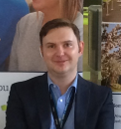
Paul Cavanagh
University of Nottingham
See Biography
Paul Cavanagh is Senior Librarian, Resource Acquisitions at University of Nottingham Libraries, with responsibility for purchasing and providing access to resources in print and electronic formats including books, journals, scans and digitisations and other materials. Paul has extensive experience of content and collection management and subject librarianship within HE and FE libraries.
Paul’s recent focus has been on managing transitional Read and Publish agreements with colleagues from UoN Libraries’ Research Support team. His professional interests include evidence based decision making in acquisitions, copyright guidance and improving access to resources and accessible formats for users.
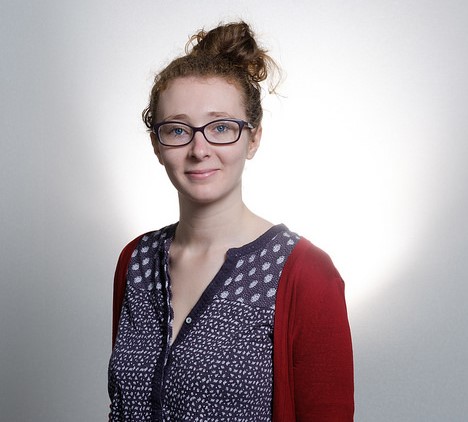
Julie Baldwin
University of Nottingham
See Biography
Julie Baldwin has been working in Libraries for the last 10 years, firstly in Customer Services roles and then moving into Research Support after she’d qualified from Sheffield with her MA in Librarianship in 2017. She is currently a Research Librarian within the University of Nottingham Libraries’ Research Support Team. Within the team, her particular focuses include open access, research data management and copyright.
Joint Session
Edinburgh Diamond: launching a library-supported open access book hosting service – Rebecca Wojturska
With new policies and guidance around Open Access publishing for academic books, it’s more important than ever for libraries to engage with Open Access publishing to provide support for their academics and students. Edinburgh University Library is launching a book hosting service to support teaching and learning activities. The service is rebranding as “Edinburgh Diamond” and will be free of charge to staff and students, enabling them to publish textbooks, monographs and edited collections with full library support. During the presentation Rebecca will reflect on the timeline, successes and learning points of the project, and provide recommendations to attendees.
Taking OA to the Press(books) – Jill Emery, Portland State University
The presentation will feature how libraries can use the opensource Pressbooks software to develop library learning objects and open education resources to support teaching, learning, and research on your campus.
Comprehensive coverage of Elsevier Science Direct books for SHEDL partners – Alasdair MacDonald, Edinburgh University
Since 2019, the Metadata Team at Edinburgh University Library has produced back files and monthly update files to give comprehensive MARC record coverage for all SHEDL partner institutions for the widely used Elsevier Science Direct Freedom e-book collection. Alasdair MacDonald’s presentation looks at the workflow for creating files comprising ‘fit for purpose’ records for all published titles within a defined timescale.
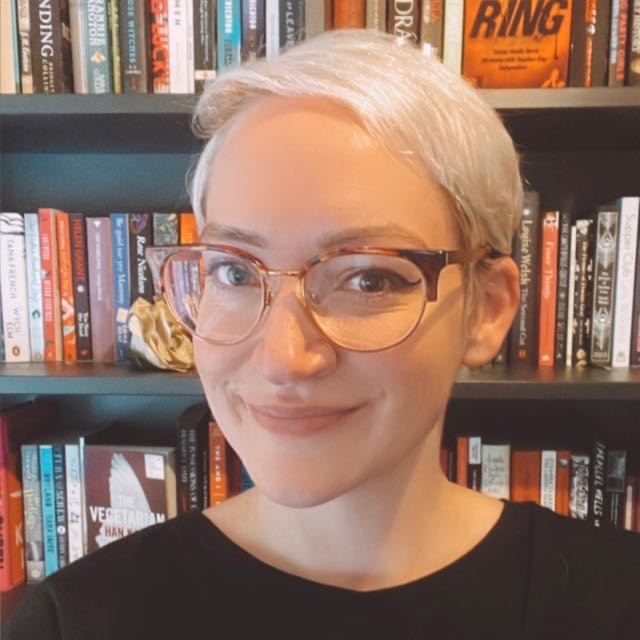
Rebecca Wojturska
University of Edinburgh
See Biography
Rebecca Wojturska (she/her) is the Open Access Publishing Officer at the University of Edinburgh, functioning within Library and University Collections on the Scholarly Communications Team. She is responsible for managing Edinburgh Diamond: an open access hosting service which offers hosting, technical support, preservation, indexing, and publishing guidance to staff and students who wish to publish diamond open access books and journals. Rebecca is also the Statistician/Bibliometrician for the Journal of Information Literacy. In her spare time she loves nothing more than reading Gothic literature, watching horror films and crushing her enemies at board games.
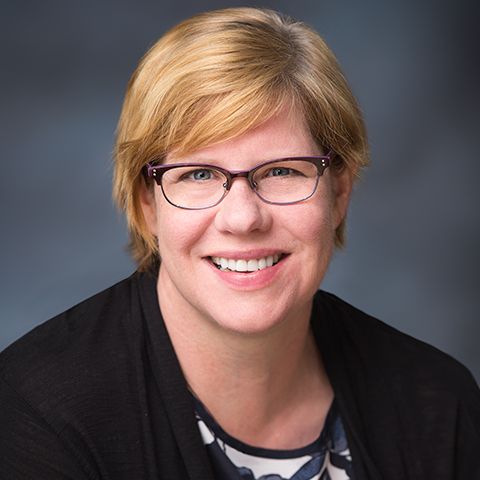
Jill Emery
Portland State University
See Biography
Jill Emery is the Collection Development & Management Librarian at Portland State University Library and has over 20 years of academic library experience. She has held leadership positions in ALA ALCTS, ER&L, and NASIG. She serves on the Project COUNTER Executive Committee. Jill is a member of The Charleston Advisor editorial board and is the columnist of “Heard on the Net,” and is on the editorial board for Insights: the UKSG journal. Her co-authored book is: Techniques of Electronic Resource Management: TERMS and the Transition to Open.
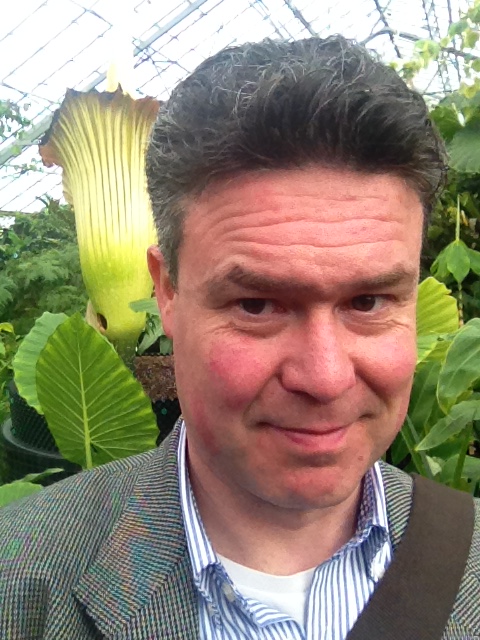
Alasdair Macdonald
University of Edinburgh
See Biography
Alasdair MacDonald is Metadata Co-ordinator at Edinburgh University Library, a post he has held since 2014. He has worked as a librarian for over 23 years, specialising in metadata since 2000. He has a long standing interest in identifying creator and contributor entities across different platforms and catalogues. Alasdair is currently the Vice Chair of the Metadata and Discovery Group, Scotland and a member of the Dublin Core Metadata Initiative Governing Board. He has previously worked at the Bodleian Library and the National Library of Scotland
A new model for transformative agreements and its implementation by a small publisher: Enhancing a smooth transition to open access
A new transformative model is needed because conventional Read & Publish agreements do not best serve the needs of libraries and publishers in transforming budgets and revenues, respectively, from subscriptions to Open Access. Nina Schönfelder will present the “smooth transition model”, an advanced model, which is responsive to the progress in the transition. Anke de Looper & Marten Stavenga will present its implementation by a commercial publisher, highly specialized in linguistics. Their transformative agreement offers a gradual shift from subscription-based to publication-based charges for both publisher and libraries. The offer as well as the uptake by libraries will be discussed

Anke de Looper
John Benjamins Publishing Company
See Biography
Anke de Looper is an acquisition editor and strategy officer e-content for John Benjamins Publishing Co., a privately-owned scholarly publisher with a strong focus on languages, linguistics, and related areas, publishing journals, book, and online resources.
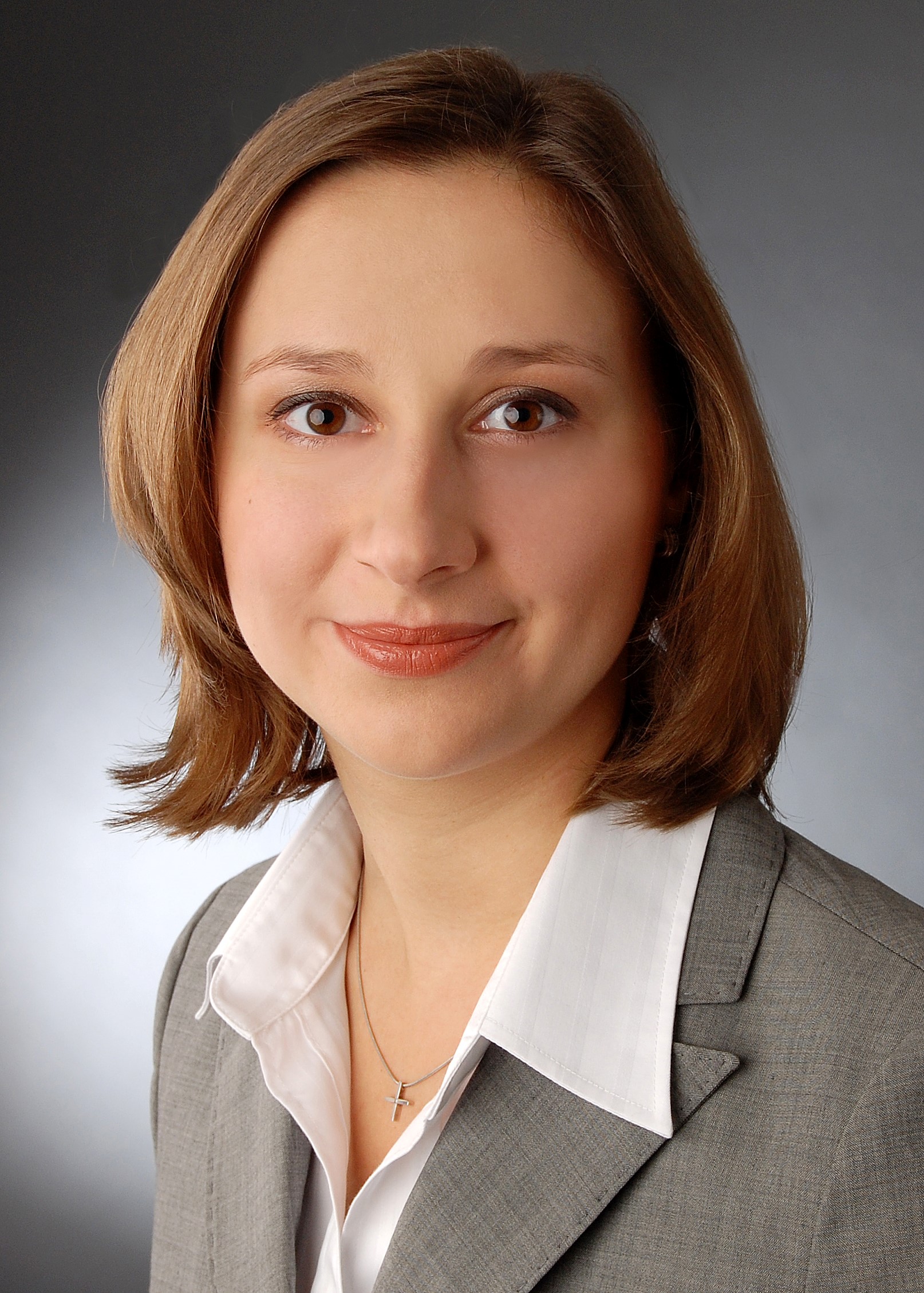
Nina Schonfelder
Bielefeld University
See Biography
Nina Schönfelder holds a PhD in Economics and is an expert on open-access publishing. She has been working in various projects at the Bielefeld University Library: At the “National Contact Point Open Access OA2020-DE”, she developed financial and business models for open-access publishing. Currently, she develops an online-tool that shall help researchers to find the best open-access publishing venue for their manuscript within the project “open-access.network”.

Marten Stavenga
John Benjamins Publishing Company
See Biography
Marten Stavenga is a Strategy Officer e-Content for John Benjamins Publishing Co., a privately-owned scholarly publisher with a strong focus on languages, linguistics, and related areas, publishing journals, book, and online resources.
Octopus: creating a new primary research record
Octopus is an innovative open platform where the scientific community can freely read, review, and register ideas and findings. Launching next month, it will enable researchers – of every seniority, institution, and location – to immediately establish a claim on their work and get fair credit for everything they do.
The platform will closely integrate with existing research tools and systems, such as ORCID, but with incentives for good research practice, constructive peer review, and collaborative working, it is also designed to create a new culture of collaboration and recognition which improves access to research and rewards best practice in every aspect of the scientific process.
This is an opportunity to learn more about the project and its aims, and to see an early demo of the platform prior to launch.
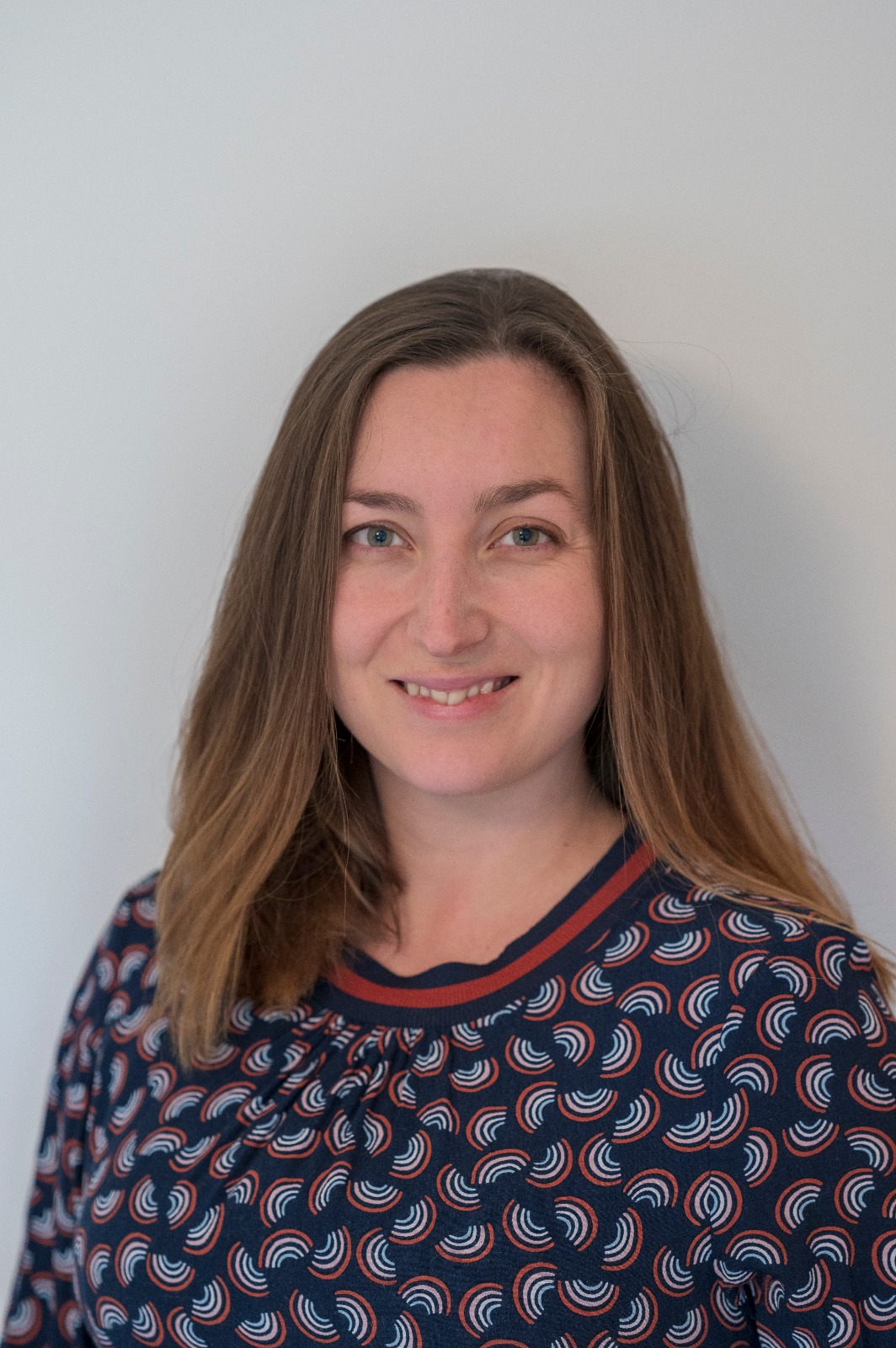
Lola Harre
Jisc
See Biography
I’m Jisc’s product manager for Octopus, an innovative research platform which aims to create a new primary research record for the scientific community.
I started my career in academic publishing, working with an international cohort of researchers to deliver projects ranging from archaeology monographs to digitised primary source collections.
Since then, I’ve held various roles across Jisc focused on service development and sector insight, working closely with our university, college and public sector partners.
The ‘personal manifesto’: what does it mean to explore your style, preferences and needs?
Have you ever felt overwhelmed when starting a new job? Ever experienced imposter syndrome, or wondered how you can feel more confident and empowered professionally?
In 2021 Thomas Shaw’s article ‘How to strive for success, happiness, fulfilment and impact: a personal manifesto’ was published in UKSG Insights. In this informal session, Tom will be interviewed by Andrew Barker to explore some of the key themes from the article. This includes reflecting on ourselves as holistic individuals with intersecting personal and professional identities, and exploring how this can help us get the best out of work for ourselves and our careers.
This is an opportunity to learn more about the project and its aims, and to see an early demo of the platform prior to launch.

Tom Shaw
Lancaster University
See Biography
Thomas Shaw is Associate Director for Digital Innovation and Open Research at Lancaster University, and oversees the Library’s innovative use and development of digital technology, and its significant contribution to research through championing open research principles and practices. He has worked in libraries and information management since the late 1990s, with previous experience from the University of East London, University of Bristol and NHS Direct. He has interests in the transformational impact and value of digital for libraries, and in promoting openness in all areas of library and scholarship.
Innovation in OA agreements
This session will surface and showcase evolving best practices in OA agreements, particularly agreements between smaller independent publishers and libraries/consortia. This session will be chaired by Lorraine Estelle.

Alicia Wise
CLOCKSS
See Biography
Alicia Wise is Executive Director of CLOCKSS, a community of research libraries and academic publishers working together to ensure the long-term preservation of the scholarly record. She has been active in increasing access to research information for 20 years in roles within our publishing community (e.g. with Elsevier, the Publishers Association, the Publishers Licensing Service) and also within the library community (e.g. Jisc, a range of universities). Her Ph.D. is in Anthropology and focussed on the Roman invasion of Scotland and resistance to this.
How do you make Library acquisitions truly ethical?
Contained within the University of Sheffield Comprehensive Content Strategy is an expression of ideals on which the Library should operate, notably a commitment to act ethically, sustainably and inclusively in the provision of content. This paper will explore the challenges of turning these ideals into practical action. It will ask what practically can be effected by librarians. Does this situation require a revolution? If not, can significant reform be achieved within existing power structures? Or are these notions fundamentally impossible, and academic libraries should resign themselves to an accommodation with commercialism and look for other values in their partnerships?

Peter Barr
University of Sheffield
See Biography
Peter Barr leads a team with responsibility for library acquisitions and collection management at the University of Sheffield. He was appointed to oversee the development of the Library’s Comprehensive Content strategy, part of which has now become the Collections Transformation Plan. His professional interest lies in these areas, particularly the role libraries can play in the transformation of scholarly publishing towards a more ethical, non-commercial and community owned future.
Brokering a National Data Agreement – Lessons Learnt and Future Opportunities
Jisc has led on a strategy (known as ‘Plan M’) to improve the efficiency of the library data ecosystem in the UK. This session will contextualise the objectives of the plan, give an update on progress, and look ahead to the opportunities that may be afforded if a more open bibliographic data ecosystem can be realised that empowers novel research, learning and teaching. A key part of the session will report on the outcome of a negotiation between Jisc and OCLC to facilitate a national WorldCat licence.

Neil Grindley
Jisck
See Biography
Neil is the Director of Discovery and Content Services at Jisc, an organization that empowers UK universities, colleges and skills providers to fully exploit the possibilities afforded by digital technologies. He has strategic responsibility for developing products and maintaining services that enable universities and colleges to acquire, create, manage, find and access resources for teaching, learning and research. Neil has managed and led national level initiatives focused on the digital humanities, digital preservation, and data infrastructure services for libraries.
Transforming decision-making in the library: The University of Nottingham perspective on Read and Publish agreements
This Breakout session explores the work of UoN Libraries’ Read & Publish Group (R&P Group) in reviewing and managing Transitional Agreements (TAs), balancing budgetary costs and providing access to resources whilst also maximising publishing opportunities for our researchers.
University of Nottingham Libraries are committed to supporting Plan S principles and adopting Transitional Agreements (or Transformative Agreements). There is an inherent tension between the Read and Publish aspects of TAs, and a new approach was required was to manage these very different and sometimes competing priorities in a challenging and competitive research and teaching environment.

Paul Cavanagh
University of Nottingham
See Biography
Paul Cavanagh is Senior Librarian, Resource Acquisitions at University of Nottingham Libraries, with responsibility for purchasing and providing access to resources in print and electronic formats including books, journals, scans and digitisations and other materials. Paul has extensive experience of content and collection management and subject librarianship within HE and FE libraries.
Paul’s recent focus has been on managing transitional Read and Publish agreements with colleagues from UoN Libraries’ Research Support team. His professional interests include evidence based decision making in acquisitions, copyright guidance and improving access to resources and accessible formats for users.

Julie Baldwin
University of Nottingham
See Biography
Julie Baldwin has been working in Libraries for the last 10 years, firstly in Customer Services roles and then moving into Research Support after she’d qualified from Sheffield with her MA in Librarianship in 2017. She is currently a Research Librarian within the University of Nottingham Libraries’ Research Support Team. Within the team, her particular focuses include open access, research data management and copyright.
Joint Session
Edinburgh Diamond: launching a library-supported open access book hosting service – Rebecca Wojturska
With new policies and guidance around Open Access publishing for academic books, it’s more important than ever for libraries to engage with Open Access publishing to provide support for their academics and students. Edinburgh University Library is launching a book hosting service to support teaching and learning activities. The service is rebranding as “Edinburgh Diamond” and will be free of charge to staff and students, enabling them to publish textbooks, monographs and edited collections with full library support. During the presentation Rebecca will reflect on the timeline, successes and learning points of the project, and provide recommendations to attendees.
Taking OA to the Press(books) – Jill Emery, Portland State University
The presentation will feature how libraries can use the opensource Pressbooks software to develop library learning objects and open education resources to support teaching, learning, and research on your campus.
Comprehensive coverage of Elsevier Science Direct books for SHEDL partners – Alasdair MacDonald, Edinburgh University
Since 2019, the Metadata Team at Edinburgh University Library has produced back files and monthly update files to give comprehensive MARC record coverage for all SHEDL partner institutions for the widely used Elsevier Science Direct Freedom e-book collection. Alasdair MacDonald’s presentation looks at the workflow for creating files comprising ‘fit for purpose’ records for all published titles within a defined timescale.

Rebecca Wojturska
University of Edinburgh
See Biography
Rebecca Wojturska (she/her) is the Open Access Publishing Officer at the University of Edinburgh, functioning within Library and University Collections on the Scholarly Communications Team. She is responsible for managing Edinburgh Diamond: an open access hosting service which offers hosting, technical support, preservation, indexing, and publishing guidance to staff and students who wish to publish diamond open access books and journals. Rebecca is also the Statistician/Bibliometrician for the Journal of Information Literacy. In her spare time she loves nothing more than reading Gothic literature, watching horror films and crushing her enemies at board games.

Jill Emery
Portland State University
See Biography
Jill Emery is the Collection Development & Management Librarian at Portland State University Library and has over 20 years of academic library experience. She has held leadership positions in ALA ALCTS, ER&L, and NASIG. She serves on the Project COUNTER Executive Committee. Jill is a member of The Charleston Advisor editorial board and is the columnist of “Heard on the Net,” and is on the editorial board for Insights: the UKSG journal. Her co-authored book is: Techniques of Electronic Resource Management: TERMS and the Transition to Open.

Alasdair Macdonald
University of Edinburgh
See Biography
Alasdair MacDonald is Metadata Co-ordinator at Edinburgh University Library, a post he has held since 2014. He has worked as a librarian for over 23 years, specialising in metadata since 2000. He has a long standing interest in identifying creator and contributor entities across different platforms and catalogues. Alasdair is currently the Vice Chair of the Metadata and Discovery Group, Scotland and a member of the Dublin Core Metadata Initiative Governing Board. He has previously worked at the Bodleian Library and the National Library of Scotland
A new model for transformative agreements and its implementation by a small publisher: Enhancing a smooth transition to open access
A new transformative model is needed because conventional Read & Publish agreements do not best serve the needs of libraries and publishers in transforming budgets and revenues, respectively, from subscriptions to Open Access. Nina Schönfelder will present the “smooth transition model”, an advanced model, which is responsive to the progress in the transition. Anke de Looper & Marten Stavenga will present its implementation by a commercial publisher, highly specialized in linguistics. Their transformative agreement offers a gradual shift from subscription-based to publication-based charges for both publisher and libraries. The offer as well as the uptake by libraries will be discussed

Anke de Looper
John Benjamins Publishing Company
See Biography
Anke de Looper is an acquisition editor and strategy officer e-content for John Benjamins Publishing Co., a privately-owned scholarly publisher with a strong focus on languages, linguistics, and related areas, publishing journals, book, and online resources.

Nina Schonfelder
Bielefeld University
See Biography
Nina Schönfelder holds a PhD in Economics and is an expert on open-access publishing. She has been working in various projects at the Bielefeld University Library: At the “National Contact Point Open Access OA2020-DE”, she developed financial and business models for open-access publishing. Currently, she develops an online-tool that shall help researchers to find the best open-access publishing venue for their manuscript within the project “open-access.network”.

Marten Stavenga
John Benjamins Publishing Company
See Biography
Marten Stavenga is a Strategy Officer e-Content for John Benjamins Publishing Co., a privately-owned scholarly publisher with a strong focus on languages, linguistics, and related areas, publishing journals, book, and online resources.
Octopus: creating a new primary research record
Octopus is an innovative open platform where the scientific community can freely read, review, and register ideas and findings. Launching next month, it will enable researchers – of every seniority, institution, and location – to immediately establish a claim on their work and get fair credit for everything they do.
The platform will closely integrate with existing research tools and systems, such as ORCID, but with incentives for good research practice, constructive peer review, and collaborative working, it is also designed to create a new culture of collaboration and recognition which improves access to research and rewards best practice in every aspect of the scientific process.
This is an opportunity to learn more about the project and its aims, and to see an early demo of the platform prior to launch.

Lola Harre
Jisc
See Biography
I’m Jisc’s product manager for Octopus, an innovative research platform which aims to create a new primary research record for the scientific community.
I started my career in academic publishing, working with an international cohort of researchers to deliver projects ranging from archaeology monographs to digitised primary source collections.
Since then, I’ve held various roles across Jisc focused on service development and sector insight, working closely with our university, college and public sector partners.
The ‘personal manifesto’: what does it mean to explore your style, preferences and needs?
Have you ever felt overwhelmed when starting a new job? Ever experienced imposter syndrome, or wondered how you can feel more confident and empowered professionally?
In 2021 Thomas Shaw’s article ‘How to strive for success, happiness, fulfilment and impact: a personal manifesto’ was published in UKSG Insights. In this informal session, Tom will be interviewed by Andrew Barker to explore some of the key themes from the article. This includes reflecting on ourselves as holistic individuals with intersecting personal and professional identities, and exploring how this can help us get the best out of work for ourselves and our careers.
This is an opportunity to learn more about the project and its aims, and to see an early demo of the platform prior to launch.

Tom Shaw
Lancaster University
See Biography
Thomas Shaw is Associate Director for Digital Innovation and Open Research at Lancaster University, and oversees the Library’s innovative use and development of digital technology, and its significant contribution to research through championing open research principles and practices. He has worked in libraries and information management since the late 1990s, with previous experience from the University of East London, University of Bristol and NHS Direct. He has interests in the transformational impact and value of digital for libraries, and in promoting openness in all areas of library and scholarship.
Registration
Monday, February 7, 2022 – 11:00 GMT – Wednesday, May 25, 2022 – 22:00 BST
£ 485.00
+97.00 VAT
UKSG Member
UKSG Member – £485.00 +VAT (total £582.00)
£650.00
+130.00 VAT
Non-Member
UKSG Non-Member – £650.00+VAT (total £780.00)
NB: UKSG reserves the right to alter or vary the programme due to events or circumstances beyond its reasonable control without being obliged to refund monies.
Contact
For any queries
General queries – events@uksg.org
Sponsorship queries – Chelsea at Content Online for more information – email: chelsea@contentonline.com
Exhibition queries – Karina Hunt at KHEC – karina@khec.co.uk








